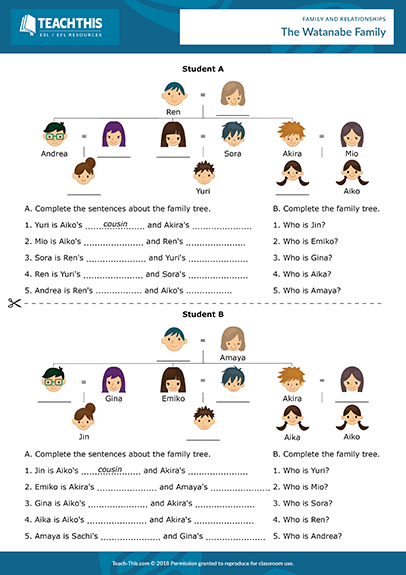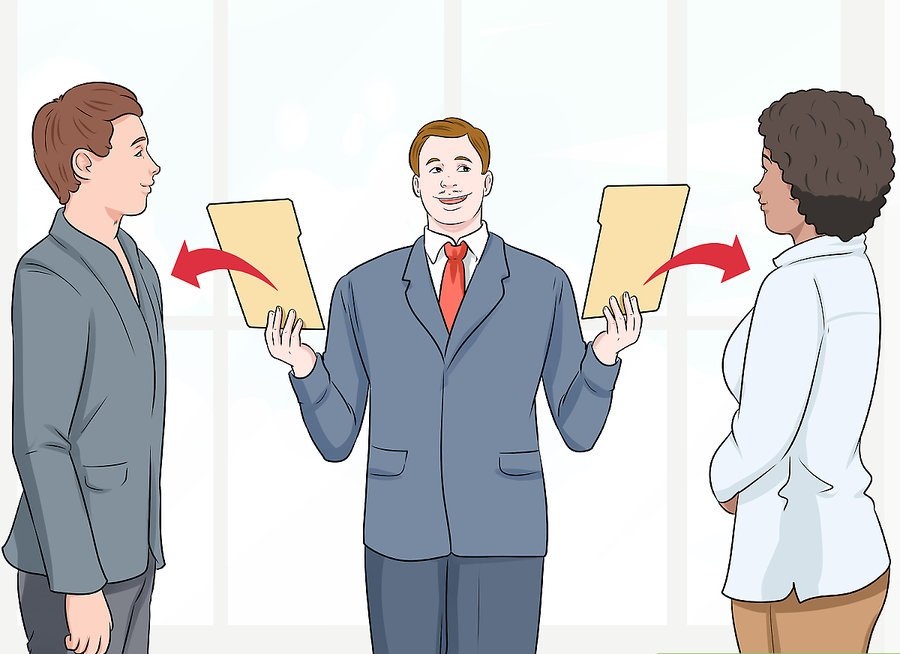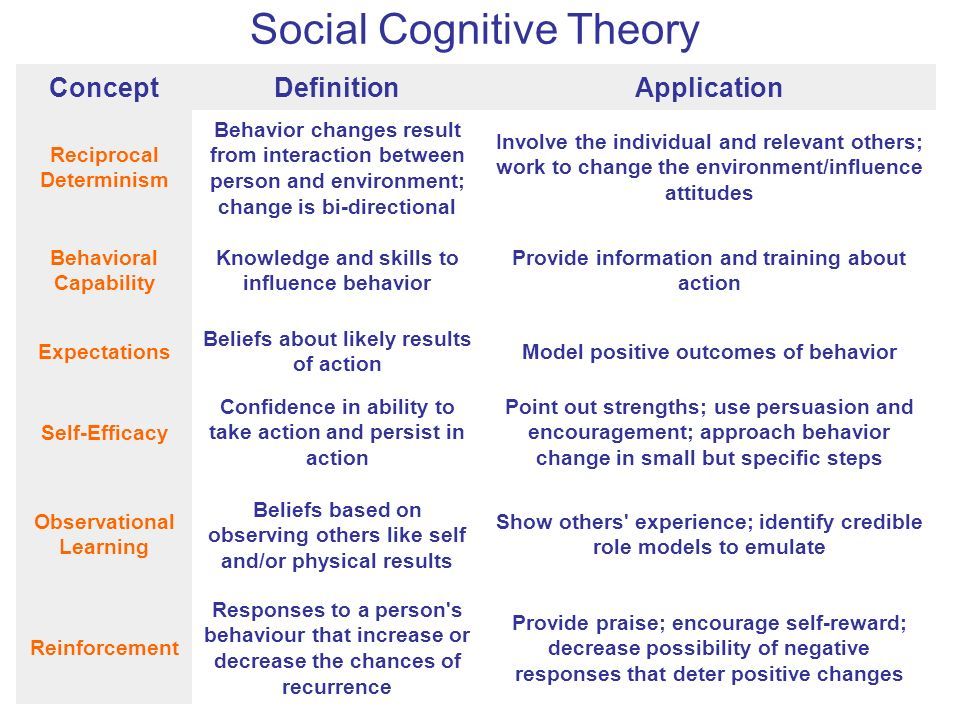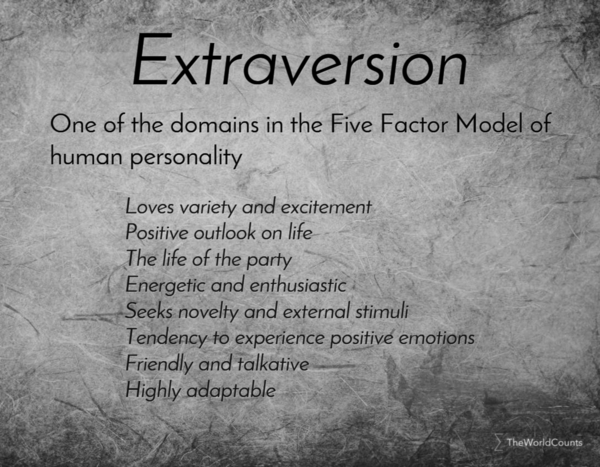Family members exclude you
Families That Exclude, Ostracize, or Ignore and the Harm They Do
Theres nothing quite like the pain of being overlooked. It is a special kind of heartache. I often write and talk about how it affects children to grow up in a home that ignores their feelings, which is, by definition, Childhood Emotional Neglect or CEN.
When your parents act as if feelings are nothing you, as a child, receive a message that you are nothing. This is because your feelings are the deepest, most personal, biological expression of who you are. So if your deepest self does not matter, how can you believe that you matter?
Today we are going to take overlooked one step further. What happens if in your childhood home, you are not only overlooked, you are also actively excluded?
Some emotionally neglectful families do take the CEN to an even more harmful level. Some parents choose one child to especially ignore, essentially setting that child up to be treated as less important by their siblings too.
Other CEN parents use ignoring as a way to punish a child that has fallen into disfavor for whatever reason. Still others enjoy excluding one or another child as a power play, simply because he or she finds it rewarding.
When CEN Becomes ExclusionaryFirst, a word about exclusion and how it affects people, in general. Then, we will apply that to a child growing up in a family that either constantly or occasionally excludes him.
Research shows that exclusion can increase negative mood (Blackhart, et al., 2009) whether it happens in person, by text message, or through social media (Smith, 2004;Schneider 2017;Covert and Stefanone, 2018;Hales, 2018). Other research shows that social exclusion can make people feel that they dont belong and that they do not have control. It can also reduce their self-esteem (Gerber and Wheeler, 2009).
Still, other studies have found that feeling excluded actually lights up areas of the brain involved in physical pain, and that excluding an employee in the workplace is more harmful than workplace harassment.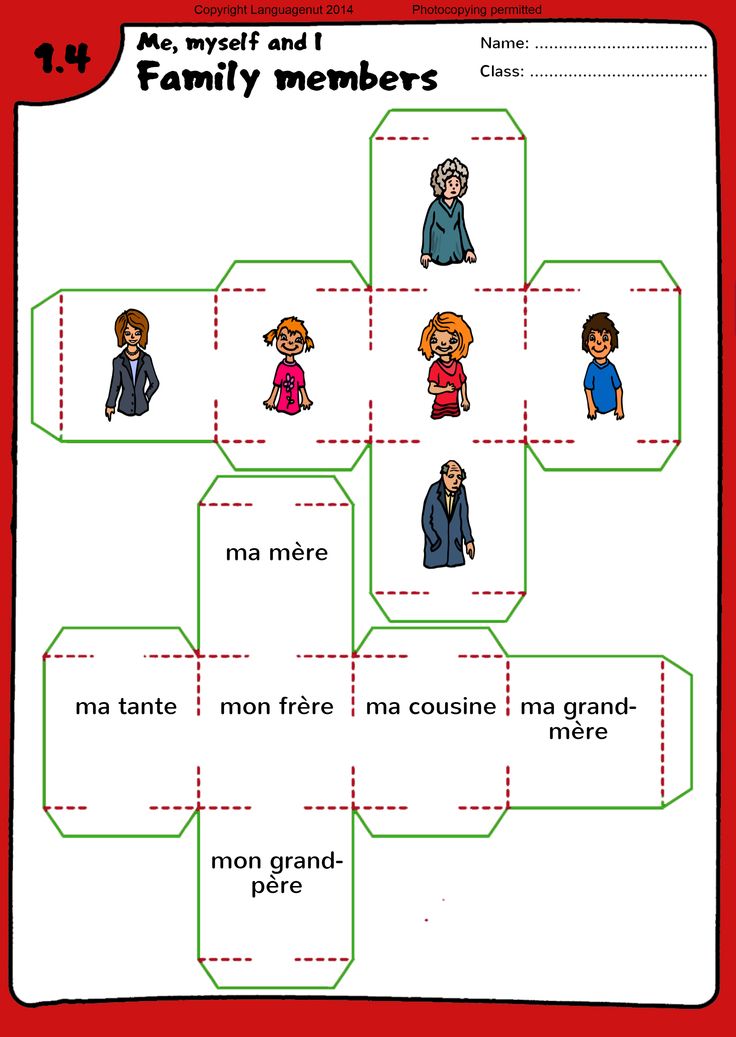
Interestingly, there is an increasing amount of research on exclusion in the workplace, which is a very important topic, of course.
But what happens if the exclusion you experience is in your own family? What happens if it starts when you are a child, while your brain is in the process of maturing? Surely, this must be even worse. And as a psychologist who has treated many parents, families and emotionally neglected adults, I can state clearly, without a doubt, that it is.
4 Forms of Exclusion in a CEN Family- Taking care to plan around the needs and wishes of certain family members while simultaneously ignoring one persons needs and wishes.
- Sharing criticisms or negative observations among family members about one family member. This is often done as in confidence, prefaced with things like, I wouldnt say this to anyone else, but your sister.., for example.
- Leaving one family member out of family activities or family jokes or stories.
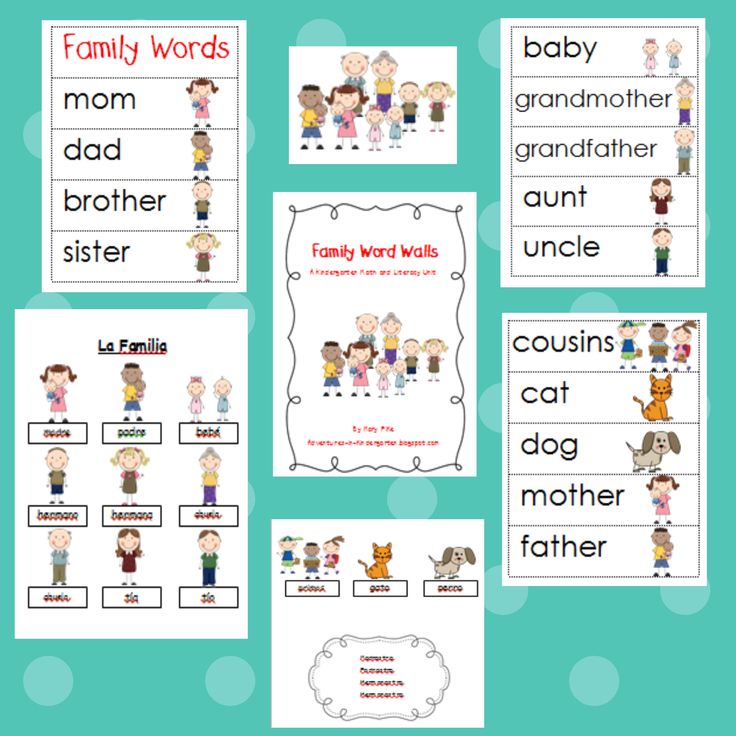
- Responding less to one family member. This can even be subtle and not noticeable by most members of the family. Only the excluded one may be aware of or affected by it.
What would cause these kinds of family dynamics? Since families are complicated, so must the answer to this question be.
Some parents develop a misguided preference for one child over another, have more in common with some of their children and so inadvertently overlook the one that is different from themselves (even if that child is actually better than themselves in many ways).
Sometimes it is a matter of manipulation; one of the parents or siblings learns that they can make themselves feel more important or powerful by diminishing or excluding a member of the family, all to make themselves feel more on the inside, and therefore more central.
In other cases, this can be a natural result of the particular psychology of one of the parents.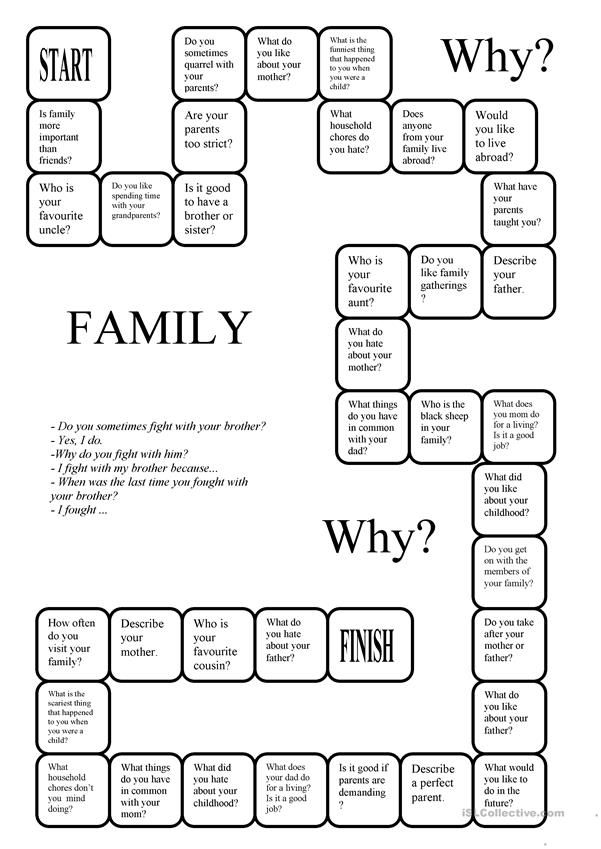 Some parents use their love as a spotlight, illuminating a momentarily favored child with their warmth when they are pleased, and then banishing that same child to the dark corners as soon as they do something displeasing. These parents are typically narcissistic personalities.
Some parents use their love as a spotlight, illuminating a momentarily favored child with their warmth when they are pleased, and then banishing that same child to the dark corners as soon as they do something displeasing. These parents are typically narcissistic personalities.
Growing up feeling excluded in your family sets you up for some unique and significant challenges throughout your adult life. They are challenges that are painful, yes. But they are also challenges that you can take control of, once you understand why you have them. And why you do not deserve them.
- You expect others to exclude you. Being in a group can be uncomfortable because its hard to believe that someone wont, at some point, push you out in some way.
- You tend to feel you dont belong. The excluded child, as an adult, finds it hard to feel a sense of membership and comfort among people; even if those people love and want her.
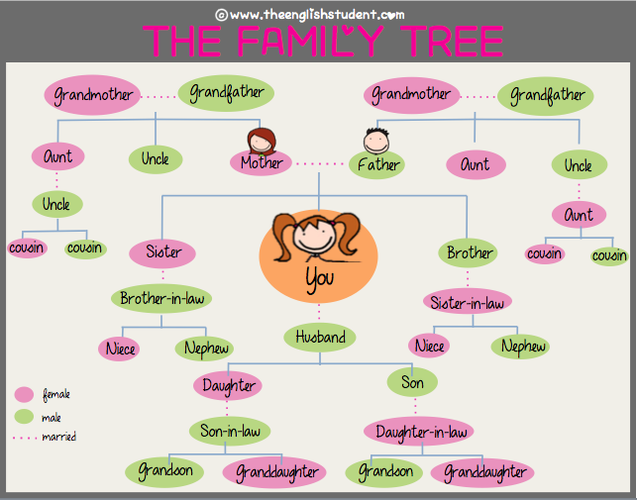
- You feel inherently flawed. This is what I call The Fatal Flaw in the book Running On Empty. An excluded child naturally assumes the exclusion is about him, not an artifact of parental or sibling weakness or personality disorder. He then grows up to assume theres something wrong with him, and he takes that feeling with him everywhere he goes.
When you grow up in an emotionally neglectful family of any variety, complete with active exclusion or simply being emotionally ignored or overlooked, there is hope. Childhood Emotional Neglect can be healed.
Once you are aware of the source of the exclusion that happened to you and can hold those responsible accountable in your own mind, you are freed up to realize that you are actually not flawed at all. You are not deserving of the harm that has been done you. And the people in your life are not about to reject you after all.
You deserve now the attention you did not get as a child.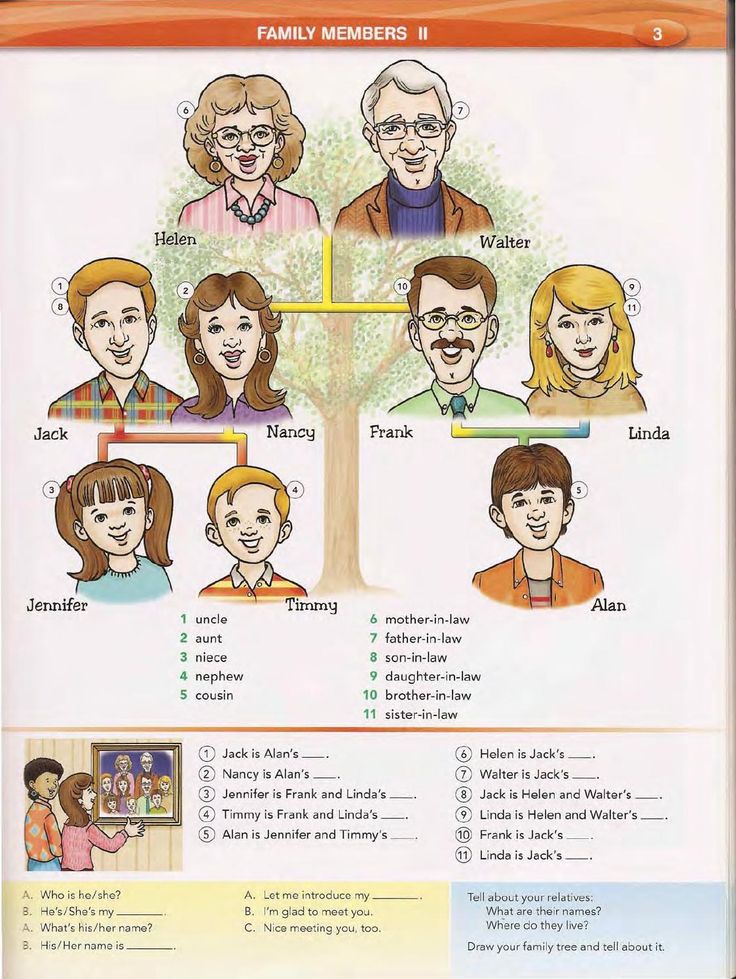 By accepting yourself as you are, by valuing what you now feel, need, think, and want; by realizing that you deserve to included; by taking the steps to heal your Childhood Emotional Neglect, you will finally know, once and for all, that you belong.
By accepting yourself as you are, by valuing what you now feel, need, think, and want; by realizing that you deserve to included; by taking the steps to heal your Childhood Emotional Neglect, you will finally know, once and for all, that you belong.
Childhood Emotional Neglect is often invisible and unmemorable, so it can be hard to know if you have it. To find out, Take the Emotional Neglect Test (link below). Its free.
To learn much more about CEN, how it happens, and how to heal it, see the book Running On Empty: Overcome Your Childhood Emotional Neglect (link below).
To learn how to address the effects of Childhood Emotional Neglect in your family, connect with your spouse and parents, and emotionally validate your children, see the book Running On Empty No More: Transform Your Relationships (also link below).
Families That Exclude, Ostracize, or Ignore and the Harm They Do
Theres nothing quite like the pain of being overlooked. It is a special kind of heartache. I often write and talk about how it affects children to grow up in a home that ignores their feelings, which is, by definition, Childhood Emotional Neglect or CEN.
It is a special kind of heartache. I often write and talk about how it affects children to grow up in a home that ignores their feelings, which is, by definition, Childhood Emotional Neglect or CEN.
When your parents act as if feelings are nothing you, as a child, receive a message that you are nothing. This is because your feelings are the deepest, most personal, biological expression of who you are. So if your deepest self does not matter, how can you believe that you matter?
Today we are going to take overlooked one step further. What happens if in your childhood home, you are not only overlooked, you are also actively excluded?
Some emotionally neglectful families do take the CEN to an even more harmful level. Some parents choose one child to especially ignore, essentially setting that child up to be treated as less important by their siblings too.
Other CEN parents use ignoring as a way to punish a child that has fallen into disfavor for whatever reason.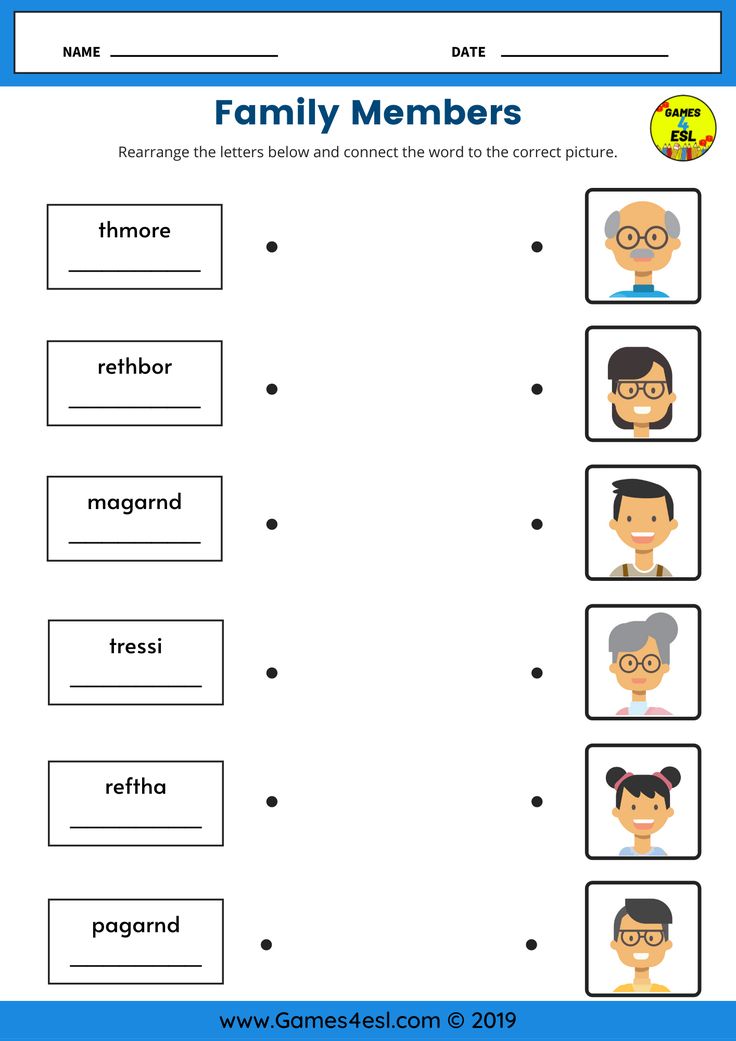 Still others enjoy excluding one or another child as a power play, simply because he or she finds it rewarding.
Still others enjoy excluding one or another child as a power play, simply because he or she finds it rewarding.
First, a word about exclusion and how it affects people, in general. Then, we will apply that to a child growing up in a family that either constantly or occasionally excludes him.
Research shows that exclusion can increase negative mood (Blackhart, et al., 2009) whether it happens in person, by text message, or through social media (Smith, 2004;Schneider 2017;Covert and Stefanone, 2018;Hales, 2018). Other research shows that social exclusion can make people feel that they dont belong and that they do not have control. It can also reduce their self-esteem (Gerber and Wheeler, 2009).
Still, other studies have found that feeling excluded actually lights up areas of the brain involved in physical pain, and that excluding an employee in the workplace is more harmful than workplace harassment.
Interestingly, there is an increasing amount of research on exclusion in the workplace, which is a very important topic, of course.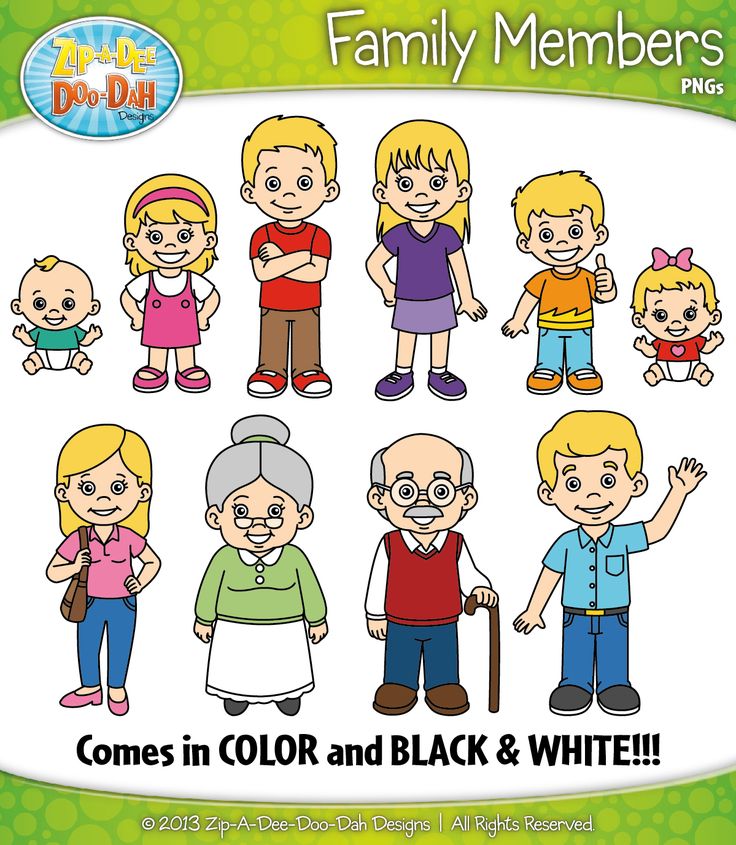
But what happens if the exclusion you experience is in your own family? What happens if it starts when you are a child, while your brain is in the process of maturing? Surely, this must be even worse. And as a psychologist who has treated many parents, families and emotionally neglected adults, I can state clearly, without a doubt, that it is.
4 Forms of Exclusion in a CEN Family- Taking care to plan around the needs and wishes of certain family members while simultaneously ignoring one persons needs and wishes.
- Sharing criticisms or negative observations among family members about one family member. This is often done as in confidence, prefaced with things like, I wouldnt say this to anyone else, but your sister.., for example.
- Leaving one family member out of family activities or family jokes or stories.
- Responding less to one family member. This can even be subtle and not noticeable by most members of the family.
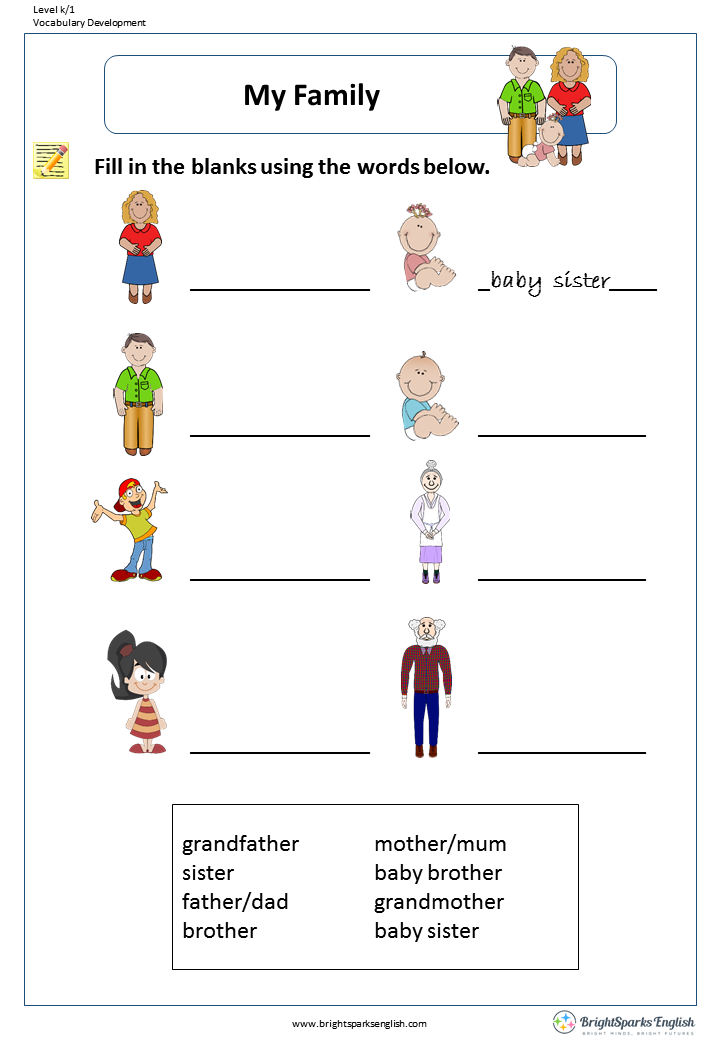 Only the excluded one may be aware of or affected by it.
Only the excluded one may be aware of or affected by it.
What would cause these kinds of family dynamics? Since families are complicated, so must the answer to this question be.
Some parents develop a misguided preference for one child over another, have more in common with some of their children and so inadvertently overlook the one that is different from themselves (even if that child is actually better than themselves in many ways).
Sometimes it is a matter of manipulation; one of the parents or siblings learns that they can make themselves feel more important or powerful by diminishing or excluding a member of the family, all to make themselves feel more on the inside, and therefore more central.
In other cases, this can be a natural result of the particular psychology of one of the parents. Some parents use their love as a spotlight, illuminating a momentarily favored child with their warmth when they are pleased, and then banishing that same child to the dark corners as soon as they do something displeasing.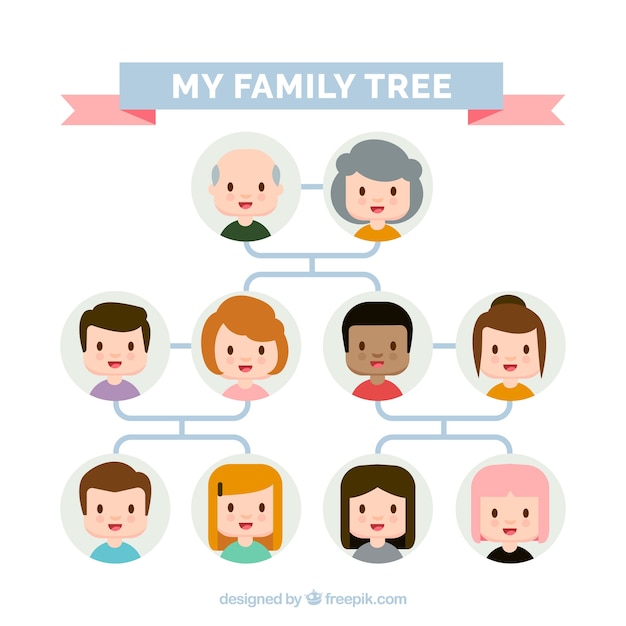 These parents are typically narcissistic personalities.
These parents are typically narcissistic personalities.
Growing up feeling excluded in your family sets you up for some unique and significant challenges throughout your adult life. They are challenges that are painful, yes. But they are also challenges that you can take control of, once you understand why you have them. And why you do not deserve them.
- You expect others to exclude you. Being in a group can be uncomfortable because its hard to believe that someone wont, at some point, push you out in some way.
- You tend to feel you dont belong. The excluded child, as an adult, finds it hard to feel a sense of membership and comfort among people; even if those people love and want her.
- You feel inherently flawed. This is what I call The Fatal Flaw in the book Running On Empty. An excluded child naturally assumes the exclusion is about him, not an artifact of parental or sibling weakness or personality disorder.
 He then grows up to assume theres something wrong with him, and he takes that feeling with him everywhere he goes.
He then grows up to assume theres something wrong with him, and he takes that feeling with him everywhere he goes.
When you grow up in an emotionally neglectful family of any variety, complete with active exclusion or simply being emotionally ignored or overlooked, there is hope. Childhood Emotional Neglect can be healed.
Once you are aware of the source of the exclusion that happened to you and can hold those responsible accountable in your own mind, you are freed up to realize that you are actually not flawed at all. You are not deserving of the harm that has been done you. And the people in your life are not about to reject you after all.
You deserve now the attention you did not get as a child. By accepting yourself as you are, by valuing what you now feel, need, think, and want; by realizing that you deserve to included; by taking the steps to heal your Childhood Emotional Neglect, you will finally know, once and for all, that you belong.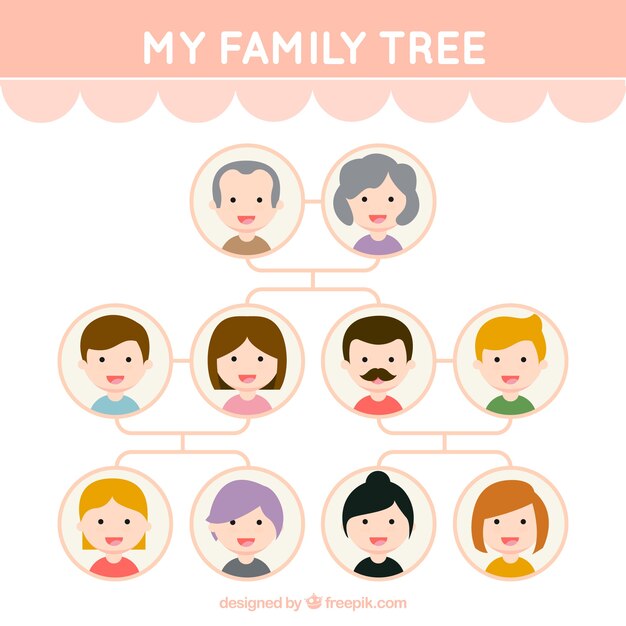
Childhood Emotional Neglect is often invisible and unmemorable, so it can be hard to know if you have it. To find out, Take the Emotional Neglect Test (link below). Its free.
To learn much more about CEN, how it happens, and how to heal it, see the book Running On Empty: Overcome Your Childhood Emotional Neglect (link below).
To learn how to address the effects of Childhood Emotional Neglect in your family, connect with your spouse and parents, and emotionally validate your children, see the book Running On Empty No More: Transform Your Relationships (also link below).
Family values
home → Family values SECRETS FAMILY HAPPINESS Family is the main thing in our life. Many people want to have a happy family, but not everyone knows what actions will help improve relationships within the family. SHOW YOUR LOVE Everyone is pleased to hear that they are loved. And even if love seems obvious to you, do not be lazy to talk about it more often. Back up your words with actions. It is not necessary to often buy expensive gifts for each other. You can just sometimes leave a romantic note on the mirror, a flower on the driver's seat, or send a postcard by e-mail. Children can buy a cute toy or favorite treat. So the child will gain confidence that he is loved. And they love not for certain actions, but simply for the fact that he is. Gentle touches and a fleeting smile will also add warmth to your family nest. DINNER TOGETHER Joint dinners are a great opportunity to feel support and understanding, to discuss pressing problems. Even if an extremely unpleasant situation is discussed at dinner, family members remain confident that hard times can be overcome together. CREATE FAMILY TRADITIONS You can allocate one day a week on which you and your whole family will choose to relax in the entertainment center. It can be a trip to the cinema, water park or zoo. Or maybe it will be a shopping trip to buy groceries for a week. Choose what everyone in the family likes. Family traditions make your family unique and give household members a sense of stability, reliability and confidence in the future. INVITE GUESTS Research shows that children who interact frequently with adults other than their parents feel more confident and happier. When hosting guests, you will feel like a team. SHARED HOUSEHOLD RESPONSIBILITIES When household chores are fairly distributed among all members of the family, there is no place for discontent and irritation. TAKE A PET Pets and birds are faithful helpers to improve your mood. They will surround your household with affection and love. In addition, taking care of our smaller brothers will allow us to instill in children a sense of significance and responsibility. Before getting a pet, discuss your pet care responsibilities and the likely consequences of not doing so. RESPECT OTHER FAMILY MEMBERS AS INDIVIDUALS . A family is several individuals living under the same roof. Each has its own disadvantages and advantages. Don't try to change the character of others. Accept all family members as they are. Support each other, listen, compromise. All family members need to feel comfortable. BE PUNCTUAL It is very important for each member of the family to feel their importance. TELL YOUR FAMILY STORY It is very important to tell children about your childhood and how other family members were small. This allows the youngest members to better understand the older ones. Many children think that their parents never had a childhood with their childhood problems. They believe that their parents were already born somewhere at the age of 30. Share with your husband memories of your childhood and information about previous generations of your family. Such knowledge will help children get to know their roots better, understand who they are and where they come from. TAKE CARE OF EACH OTHER Buy favorite cookies from other family members or a random item to add to your kids or spouse collection. Thoughts and sayings of famous people: FAMILY AND MARRIAGE Every family is part of the state . Aristotle The laws of upbringing are the first laws that a person meets in his life. And since these laws prepare us to become citizens, each family should be governed in the manner of a great family, embracing all individual families. C. Montesquieu There are only two types of marriage - for love and for convenience. If you marry for love, you will definitely have many happy days and, most likely, no less difficult days; if, by calculation, you will not have happy days at all. F. Where there is marriage without love, there will be love without marriage . B. Franklin Love is not a goal, but a means to create a family hearth. O. Balzac Family starts with children . A.I. Herzen The man's dominance in marriage is a simple consequence of his economic dominance, and disappears of itself along with the latter. F.Engels Family love is the most common among people and the most durable, therefore, in the family of influence on people's lives, the most important and most beneficial of all the good feelings of a person. N.G. Chernyshevsky If the purpose of marriage is a family, then one who wants to have many wives and husbands may get a lot of pleasure, but in no case will he have a family . L.N. Tolstoy A good marriage rests on talent and friendship . The family is one of nature's masterpieces . D.Santayana The best solution to the problem of love is marriage based on attraction, love and fellowship. A. Morua Nothing cements a marriage like working together. Business cooperation is added to the love union. A. Morua There is nothing more wonderful in the world than a marriage in which the spouses have everything in common: bed, thoughts, victories and defeats. A. Morua The meaning of marriage is not that adults produce children, but that children produce adults. Pieter de Vries The best family diplomacy is the diplomacy of complete mutual trust and boundless sincerity. I. Shamyakin ABOUT FAMILY EDUCATION Parents do not fulfill their duty enough if they teach their children to eat, drink, walk, talk, decorate with clothes, for all this only serves the body, which is not a man, but serves as a hut for a man. If children grew up according to our expectations, we would only grow up geniuses. J. Goethe Parents least of all forgive their children the vices that they themselves have instilled in them . I. Schiller Disrespect for ancestors is the first sign of immorality. A.S. Pushkin Family life for a child is the same as social life for us. His soul feeds on the impressions received in the family. Here the child learns to love one thing and hate the other, here he gets used to work or idleness, receives the first ... aesthetic tastes, all his interests, affections and authorities are initially concentrated here. A.N. Ostrogorsky Parents educate, and children are educated by the family life that develops intentionally or unintentionally. Parents are most reluctant to forgive their children the flaws that they themselves instilled in them. M.Ebner-Eschenbach The whole secret of family education consists in giving the child the opportunity to develop himself, to do everything himself; adults should not run around and do nothing for their personal convenience and pleasure, but always treat the child from the first day of his birth as a person, with full recognition of his personality. The best way to make children good is to make them happy. O. Wilde The main danger from which it is necessary to protect children is their parents. B.Show If only parents could imagine how annoying they are to their children. B. Shaw For the purpose of the mental and moral development of children, parents try to convey to them what they themselves consider good, which is the so-called folk wisdom developed by the people over many centuries of their cultural and historical life. A.E.Bogdanovich Spoiled and pampered children, whose every whim is satisfied by their parents, grow up to be degenerate, weak-willed egoists. F.E. Dzerzhinsky It is necessary to educate in children love for people, and not for oneself. Where a father or mother leaves the family, there the family as a collective is destroyed and the upbringing of the child becomes more difficult. A.S. Makarenko Raising children, today's parents bring up the future history of the current country, and hence the history of the world. A.S. Makarenko Each family is a special, individual phenomenon, and educational work in one family should not at all be an exact copy of the same work in another. A.S. Makarenko Our children are our old age. Proper upbringing is our happy old age, bad upbringing is our future grief, these are our tears, this is our guilt before other people, before the whole country. A.S. Makarenko The true essence of educational work . The child gives birth to parents. E.Lets You can establish yourself in society by raising good children. Good citizens, good workers, good son, good daughter, good parents. V.A. Sukhomlinsky The child is a mirror of the family; just as the sun is reflected in a drop of water, so the moral purity of mother and father is reflected in children. V.A. Sukhomlinsky Often we, educators, forget that the knowledge of the world begins for young children with the knowledge of man. Good and evil are revealed to the child already in the tone in which the father addresses the mother, what feelings express his views, movements . The most valuable moral trait of good parents, which is passed on to children without much effort, is the spiritual kindness of the mother and father, the ability to do good to people. V.A. Sukhomlinsky Beautiful children grow up in those families where mother and father truly love each other and at the same time love and respect people. V.A. Sukhomlinsky Only where the father educates himself is child self-education born. Without a bright example of a father, all talk about the self-education of children remains an empty phrase. V.A. Sukhomlinsky Raising your child, you educate yourself, assert your human dignity . V.A. Sukhomlinsky If people say bad things about your children, it means they say bad things about you. Children are our judgment on the world, our mirror, in which conscience, mind, honesty, our neatness - everything is blatantly seen. Children can close by us, we never by them. V.P. Astafiev FATHER AND PATERNITY One who is born of an evil father cannot be good. Euripides He is the father who brings up, and not the one who gives birth. Menander Pitiful father, if the love of children for him depends only on the fact that they need his help. M. Montel Wise is the father who knows his own child. W. Shakespeare One father means more than a hundred teachers. D. Whoever wants his son to respect him and his instructions must himself respect his son. D. Locke By producing and nourishing children, the father only fulfills a third of his task. He must give people to the human race, public figures to society, citizens to the state... Whoever cannot fulfill the duties of a father has no right to be one. JJ Rousseau Perhaps there has never been a father who did not regard his child as something completely original; and it seems to me that learned fathers are more susceptible to this sweet mistake than any other category of fathers. Lichtenberg You, father's house, are the basis of all true natural education of a person. Father's house, you are the school of morals and the state! I. Pestalozzi All fathers want their sons to accomplish what they themselves have failed to do. Immediately after God comes the father. W. Mozart Father and mother, whatever they may be, desire to make their children the same as themselves, or at least such as they would like to be themselves. L.N. Tolstoy Becoming a father is very easy. Being a father, on the other hand, is hard. W. Bush To truly love one's wife and children, and to bring lasting happiness to the former and true benefit to the latter, one must be a highly developed person, or at least one must live constantly in a healthy and strengthening atmosphere of honest labor. D.I. Pisarev It is much easier to become a father than to remain one. V.O.Klyuchevsky The role of a male father is determined by his responsibility. Only where the father educates himself is child self-education born. Without a bright example of a father, all talk about the self-education of children remains an empty phrase. V.A. Sukhomlinsky Any worker - from a watchman to a minister - can be replaced by the same or even more capable worker. A good father cannot be replaced by an equally good father. V.A. Sukhomlinsky MOTHER AND MOTHERHOOD Primary education is the most important thing, and this primary education undoubtedly belongs to women. J.-J. Rousseau The best mother is the one who can replace the father's children when he is gone. At first, maternal education is most important, because morality must be implanted in the child as a feeling. G. Hegel A mother's heart is an abyss, in the depths of which there is always forgiveness. O. Balzac When spiritual motherhood coincides with physical motherhood, a wonderful and more inexplicable than inexplicable phenomenon is obtained, which is the essence of motherhood. O. Balzac Mother's hands - the embodiment of tenderness; children sleep well on these arms. V. Hugo There is nothing brighter and more disinterested than mother's love; every affection, every love, every passion is either weak or selfish in comparison with it! V. G. Belinsky Mother is the name of God on the lips and in the hearts of little children. A mother who does not have time to take care of her child and give him the most ordinary maternal affection in the first years of life - a mother who rarely gets to see her child cannot be his mother, she inevitably treats him indifferently, without love, without any care, like a completely alien child. And children who grew up in such conditions later turn out to be completely lost to the family, they will never feel at home in the family that they later acquire, because they are too accustomed to living alone. F.Engels It is an amazing fact that most brilliant people had wonderful mothers, that they acquired much more from their mothers than from their fathers. Bockl The participation of a mother in the upbringing of a son or daughter is not only important, but even necessary: the future character of the child depends in many respects on the influence of the mother, it is in her hands to give his awakening thoughts one direction or another. A loving mother, trying to arrange the happiness of her children, often binds them hand and foot with the narrowness of her views, short-sightedness of calculations and the unbidden tenderness of her concerns. D.I. Pisarev The mother woman will save the world. F. Nietzsche Let's glorify the woman - Mother, whose love knows no barriers, whose breast fed the whole world! Everything beautiful in a person - from the rays of the sun and from the Mother's milk - that's what saturates us with love for life! M. Gorky No one can misunderstand a child like his mother. N. Douglas Having become a mother, a woman already really excludes the possibility of treating herself only as a female, only in gross sexual interests. A real mother, educating, setting an example, evoking love, admiration, a desire to imitate, will only be that mother who herself lives a real full human civil life. A mother who limits her duties to simple service to her children is already a slave to her children, and not a nurturing mother. A.S. Makarenko A mother who limits her duties to a mere service to her children is already a slave to her children, and not a mother who brings them up. A. Mother and father, father and mother - these are the first two authorities on which the world is based for the child, faith in life, in man, in everything honest, good and holy is based. G.A. Medynsky There is a most beautiful creature to whom we are always indebted - this is the mother. N.A. Ostrovsky Many women for some reason think that having a baby and becoming a mother are one and the same. With the same success one could say that it is the same thing to have a piano and to be a pianist. S. Harris The mother not only gives birth, but also gives birth. If she had only given birth, she would not have been the creator of the human race. V.A. Sukhomlinsky Mother creates your unique human personality - this is the meaning, art and mastery of what we call birth. Spiritual power emanates from maternal wisdom, morally disciplining the father, affirming in him a sense of noble human responsibility for the family. V.A. Sukhomlinsky ATTITUDE OF PARENTS TO CHILDREN AND CHILDREN TO PARENTS Cherish your children's tears so they can shed them on your grave. Pythagoras Love for parents is the basis of all virtues. Cicero Children need to be treated kindly, because punishment makes them hard. C. Montesquieu Parents love their children with an anxious and condescending love that spoils them. There is another love, attentive and calm, which makes them honest. And such is the true love of a father. In general, children love their parents less than the parents of children, because they go towards independence and grow stronger, therefore leaving their parents behind them ... G. Hegel Of all immoral relationships in general, treating children as slaves is the most immoral. G. Hegel Love and respect for parents, without any doubt, is a sacred feeling. V. G. Belinsky Reasonable love should be the basis of mutual relations between parents and children. Love presupposes mutual trust, and a father should be as much a father as he is a friend of his son. V. G. Belinsky The first condition of reasonable parental love is to have the complete trust of children, and children are happy when their parental breasts and arms are open to them, which are always ready to accept them, both right and guilty, and into which they can always throw themselves without fear and doubt. The right to be born is the sacred right to the sacred name of the father and mother - no one argues against this; but this is not yet the end of everything: here man is not yet higher than the animal; There is a higher right - parental love. V. G. Belinsky Selfless love can appear only when the beloved child is seen first of all as a person born not for anyone else's fun, but for himself, for his own happiness, for the fullest possible expression of the idea of human life, a person to whom the future belongs. V.Ya. Stoyunin Usually fathers and mothers imagine that they love their children unselfishly, but in reality this is rarely the case. If you dress up your children like dolls in order to admire them or cause delight from strangers, if you give them pleasures that are inappropriate for their age, introduce them to the circle of fun adults, if you are looking for an opportunity where your children could differ in front of others, or enjoy the praises he lavishes in their presence, then your love is not disinterested: you do not notice that your vanity is at work here, which brings up ambitious people, superficial people, incapable of any movement without counting on personal benefits. Children love everyone, especially those who love and caress them. L.N. Tolstoy The whole secret of family education consists in giving the child the opportunity to develop himself, to do everything himself; adults should not run around and do nothing for their personal convenience and pleasure, but always treat the child, from the first day of his birth, as a person, with full recognition of his personality and the inviolability of this personality. P.F.Lesgaft Children make it necessary to be more strict with ourselves, with mutual relations, with our relations with children, with relatives, with friends... In educating others, we educate ourselves first of all, for the presence of children often serves as a bridle against licentiousness, intemperance, demands deliberation and labor in order to give life more order, to satisfy various requests and needs, material and spiritual. Observing the relationship of parents to children, one has to distinguish between the many different shades that they can take on, two extremes between which they are placed. Such extremes are: either placing children at the very center of family life, or, conversely, on its extreme periphery. In the first case, children come to the fore in everything: the best rooms are assigned to them, time is taken into account with their needs; then, in their upbringing, the principle of their independence is placed above all else, and in order to please them, with great pliability and even courtesy, adults do everything possible so that children do not feel constrained by their individual development. From such children very often, perhaps in most cases, spoilers, egoists, unbalanced and unstable natures grow up. Psychiatrists often find traces of such pampering upbringing among their patients. A. Children begin by loving their parents. Then they judge them. And they almost never forgive them. O. Wilde Love for a child, like any great love, becomes creative and can give the child lasting, true happiness when it enhances the scope of the life of the lover, makes him a full-fledged person, and does not turn the loved being into an idol. Love that is addressed to only one person and which exhausts all the joy of life in him, turning everything else into only heaviness and torment - such love carries poison in itself for both. F.E. Dzerzhinsky Parents who work for their children and root for them, even despite all their mistakes, give children a living and real lesson in altruism, as if introducing into their creation the duty to show human feelings for their future children, and through them to everyone other people. If, growing up, a child has not learned to love his parents, brothers and sisters, his school, his work, if the principles of deep egoism are brought up in his character, it is very difficult to count that he is able to deeply love the woman he has chosen. A.S. Makarenko FAMILY EDUCATION Children are always willing to do something... This is very useful, and therefore not only should not interfere with this, but measures must be taken to ensure that they always have something to do. Ya.A. Komensky It is better to keep children in strictness and fear than to reveal to them the depth of your love and thereby open the door to self-will and disobedience. Ya.A. Komensky Do you know what the surest way to make your child unhappy is to teach him not to be denied anything. Giving rewards to children all the time is not good. Through this they become selfish, and hence a corrupt mindset develops. I.Kant If physical punishment is repeated often, then they develop a stubbornness, and if parents begin to punish children for their stubbornness, then they will make them even more stubborn. I.Kant Punishments should always be given with caution, so that children see that the ultimate goal of punishments is only their correction. I.Kant Nothing acts in the young souls of children stronger than the universal power of an example, and meanwhile, all other examples of nothing else are absorbed in them deeper and more firmly than the example of parents. N.I. Novikov Parents who spoil their children doom them to misfortune. Corporal punishment at the hands of one's own father becomes unbearable; it destroys the moral sense. N.I. Pirogov How grossly mistaken are many, even of the best fathers, who consider it necessary to share themselves with their children with strictness, severity, inaccessible dignity! They think by this to arouse respect for themselves in children and in fact arouse it, but respect is cold, timid, trembling, and thereby turn them away from themselves and involuntarily accustom them to secrecy and deceit. V. G. Belinsky The child who endures less insults grows up to be a more self-conscious person. N.G. Chernyshevsky I think that... it is not only difficult but impossible to raise children well if one is bad. And that the upbringing of children is only self-improvement, to which nothing helps as much as children. Education seems to be a complex and difficult matter only as long as we want, without educating ourselves, to educate our children or anyone else. If we understand that we can educate others only through ourselves... then the question of education is abolished and only one question remains: how should one live oneself? I don't know of a single act of raising children that doesn't include educating yourself! L.N. Tolstoy When educating, it is necessary that the child is always in conditions under which he can develop freely: he must, if possible, overcome the obstacles he meets, accustom him to constant, but not monotonous work with a specific goal, understand the truth and, in addition to directly to him spoken word, not be subjected to any rewards or punishments. P.F.Lesgaft Understanding the significance of the type of child, one has to constantly think about one's own actions and strictly discipline oneself, since what one does not want to see in a child should not be done by oneself. Parents often confuse the concepts of "upbringing" and "education" and think that they gave the child upbringing when they forced him to study so many subjects. Hence the frequent disappointment of parents in their children in subsequent years. A.G. Rubinstein The child is mainly influenced by deeds, not by words. P.F. Lesgaft To educate does not mean speaking good words to children, instructing and edifying them, but, above all, living like a human being yourself. Whoever wants to fulfill his duty in relation to children, to leave in them a good memory of himself, which would serve as a testament to posterity on how to live, he must begin education from himself. A.N. Ostrogorsky Parental demand for oneself, parental respect for one's family, parental control over one's every step - this is the first and most important method of education! A. Your own behavior is the most decisive thing. Do not think that you bring up a child only when you talk to him, or teach him, or order him. You bring him up at every moment of your life, even when you are not at home. A.S. Makarenko Even in the best, happiest cases, even in the hands of talented and attentive parents, raising an only child is an exceptionally difficult task. A.S. Makarenko There are never any punishments in a good family, and this is the most correct way of family education. A.S. Makarenko Whatever method of family education you take, you need to find a measure, and therefore you need to cultivate a sense of proportion in yourself. A.S. Makarenko In the 2020 Address to the Federal Assembly of the Russian Federation, President of the Russian Federation V.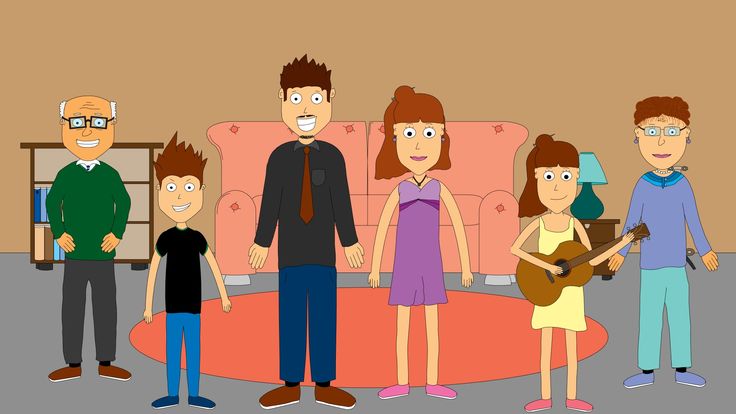 The tips below will help you strengthen your family, bring more warmth to it and make it happier.
The tips below will help you strengthen your family, bring more warmth to it and make it happier. 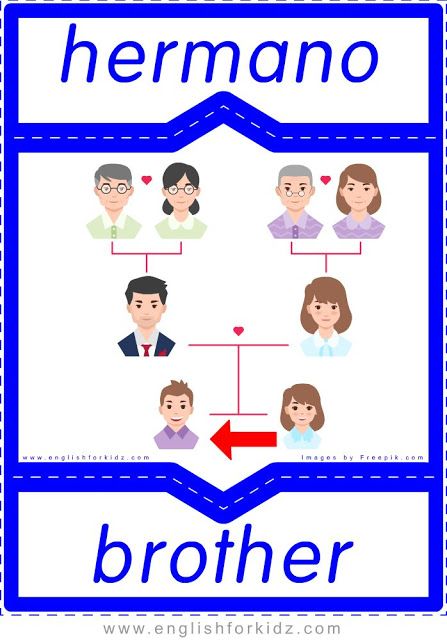 In addition, daily communication with the family is a huge help to children who master the language. Of course, they need to read books, but they also need to talk - and when else to do this, if not during dinner!
In addition, daily communication with the family is a huge help to children who master the language. Of course, they need to read books, but they also need to talk - and when else to do this, if not during dinner! 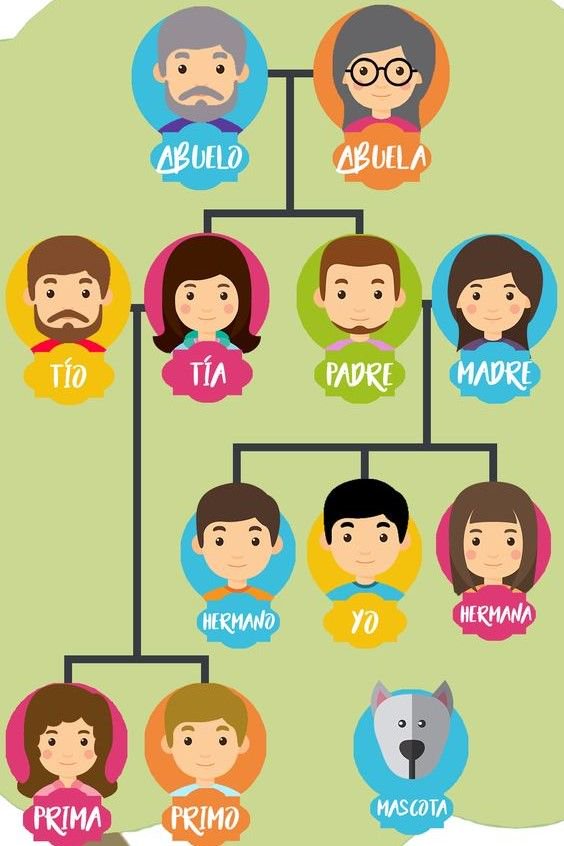 Each member of the family is responsible for the performance of their duties. You can do household chores at the same time. A common cause unites, inspires team spirit and mutual respect.
Each member of the family is responsible for the performance of their duties. You can do household chores at the same time. A common cause unites, inspires team spirit and mutual respect. 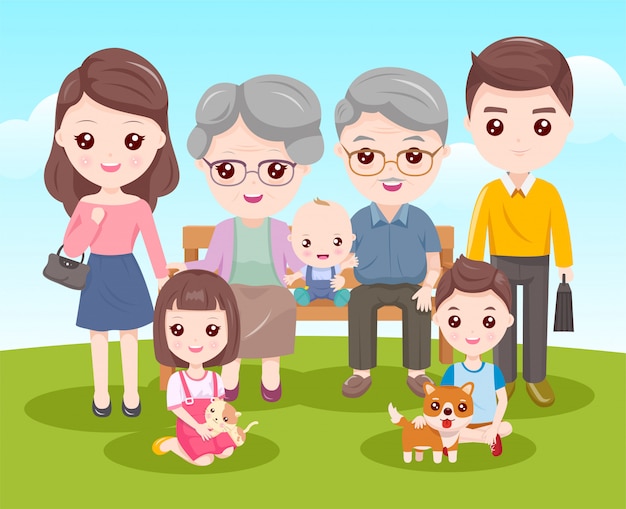 Do not be late for the kindergarten child, pick him up from the guests on time. According to the psychologist, punctual parents give children self-confidence. Such children know that their parents will never let them down and you can rely on them.
Do not be late for the kindergarten child, pick him up from the guests on time. According to the psychologist, punctual parents give children self-confidence. Such children know that their parents will never let them down and you can rely on them. 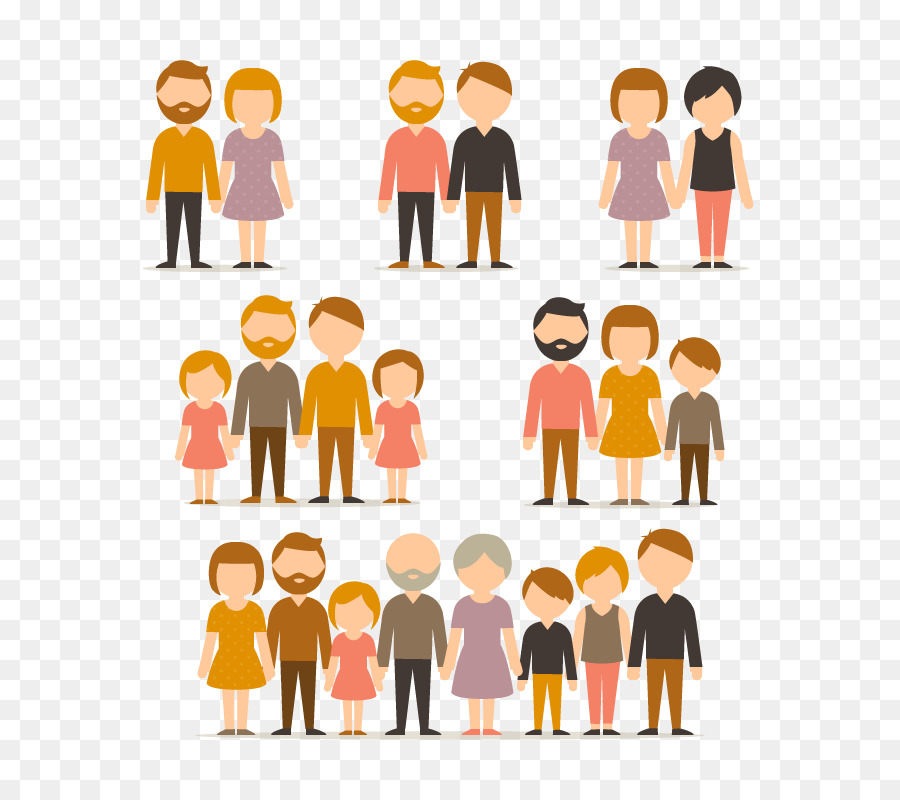 It can be the right book or a nice little fridge magnet from a business trip. By this you will show that your loved ones are dear to you, and you think about them even when they are not around.
It can be the right book or a nice little fridge magnet from a business trip. By this you will show that your loved ones are dear to you, and you think about them even when they are not around. 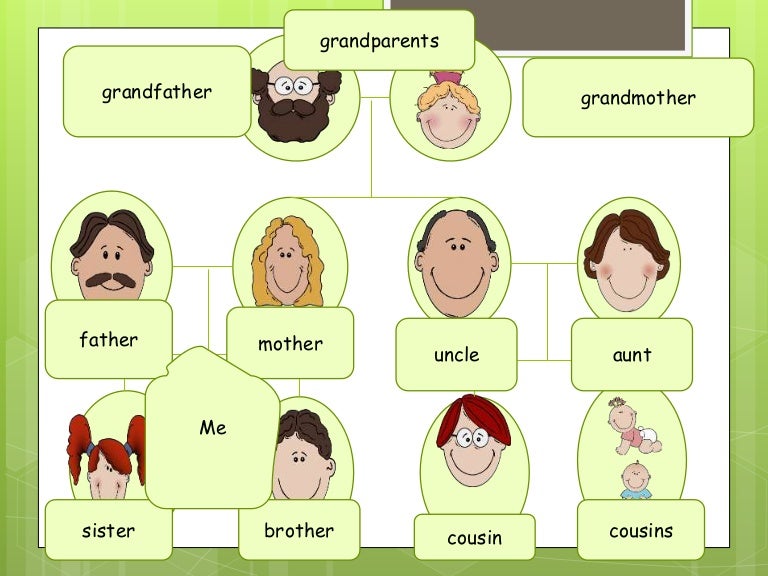 Chesterfield
Chesterfield 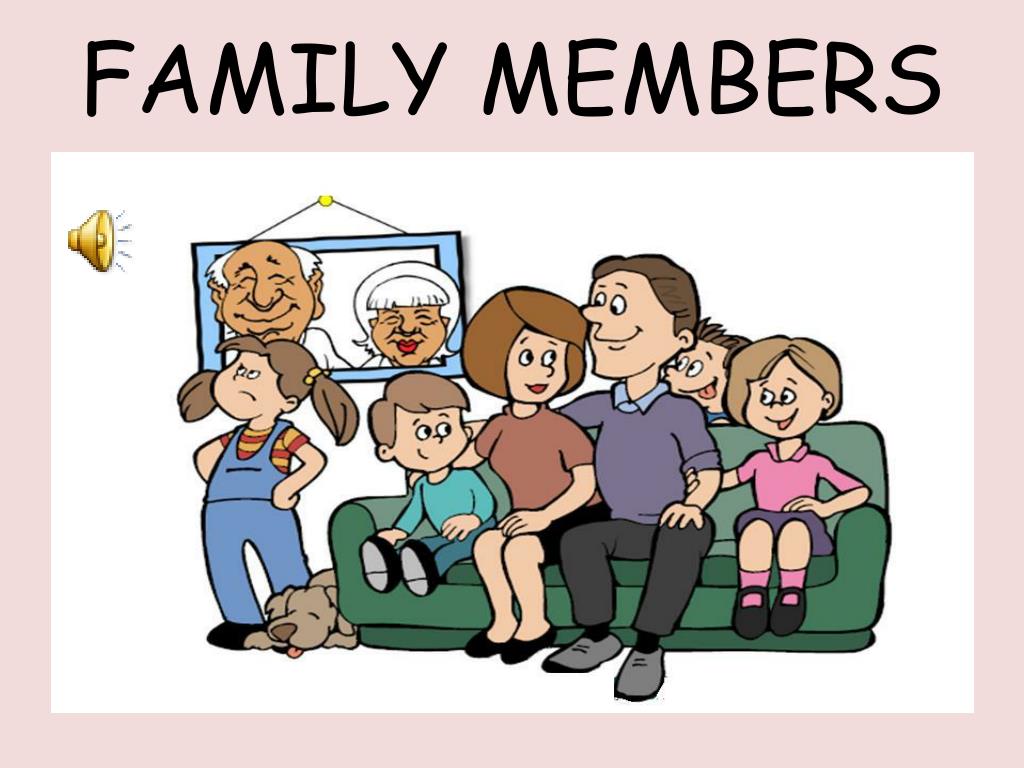 F. Nietzsche
F. Nietzsche 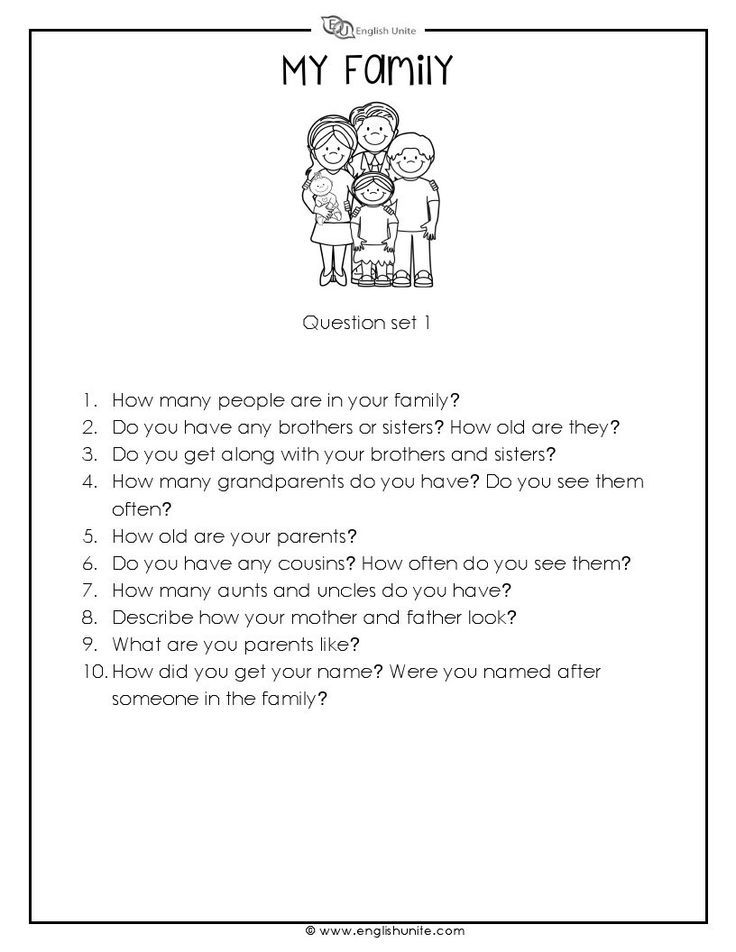 Ya.A. Komensky
Ya.A. Komensky  A family can live amicably, be friendly to strangers, but it can also quarrel, be spiteful, show callousness, hostility not only to strangers, but also to their loved ones. A family can live by spiritual interests, love reading, music, paintings, or completely go into squabbles, household turmoil, worries about a penny. There can be both order and stupidity in a family. Life, this or that, of a family is strong because its impressions are constant, ordinary, that it acts imperceptibly, strengthens or poisons the human spirit, just as the air we breathe strengthens or poisons our physical organism. A.N. Ostrogorsky
A family can live amicably, be friendly to strangers, but it can also quarrel, be spiteful, show callousness, hostility not only to strangers, but also to their loved ones. A family can live by spiritual interests, love reading, music, paintings, or completely go into squabbles, household turmoil, worries about a penny. There can be both order and stupidity in a family. Life, this or that, of a family is strong because its impressions are constant, ordinary, that it acts imperceptibly, strengthens or poisons the human spirit, just as the air we breathe strengthens or poisons our physical organism. A.N. Ostrogorsky 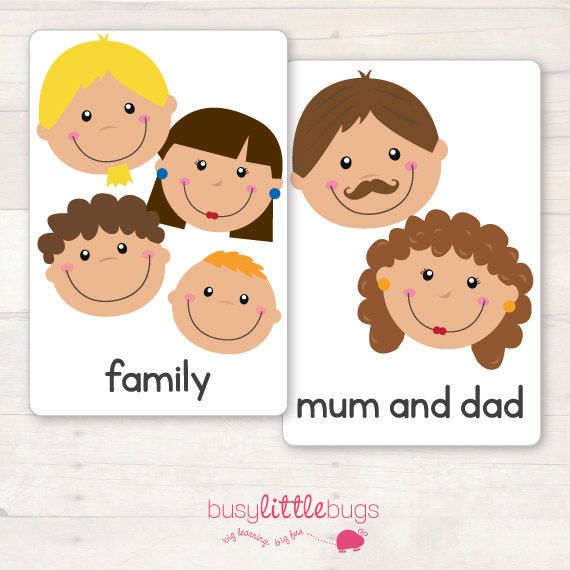 P.F.Lesgaft
P.F.Lesgaft 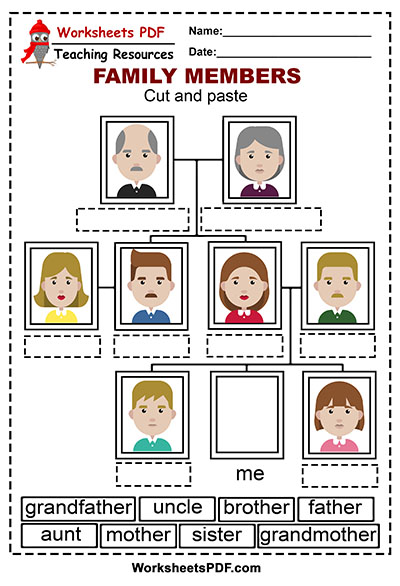 And for this, parents themselves need to love people. F.E. Dzerzhinsky
And for this, parents themselves need to love people. F.E. Dzerzhinsky 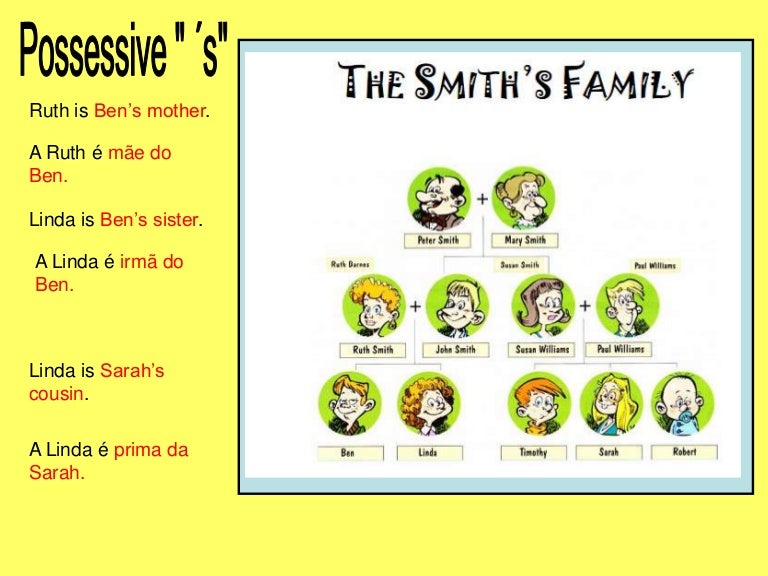 .. lies not at all in your conversations with the child, not in direct influence on the child, but in the organization of your family, your personal and social life and in the organization of the child's life. A.S. Makarenko
.. lies not at all in your conversations with the child, not in direct influence on the child, but in the organization of your family, your personal and social life and in the organization of the child's life. A.S. Makarenko 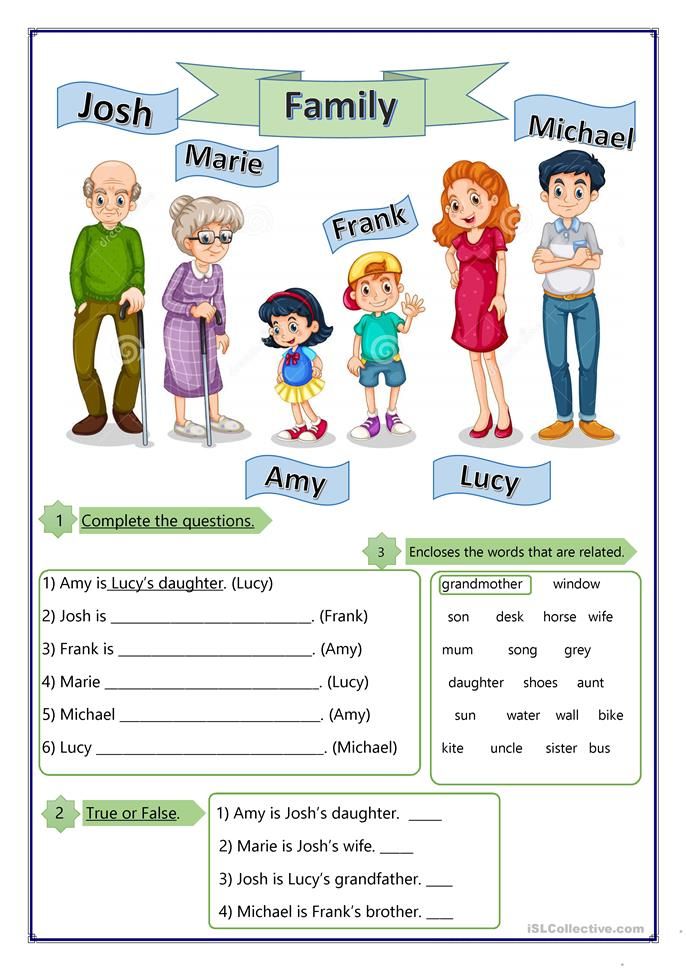 V.A. Sukhomlinsky
V.A. Sukhomlinsky 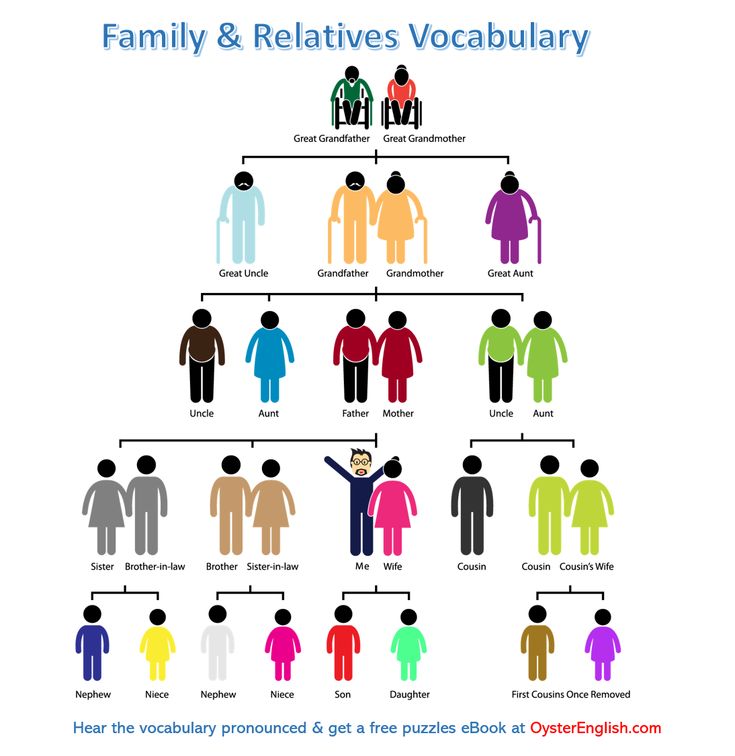 V.A. Sukhomlinsky
V.A. Sukhomlinsky 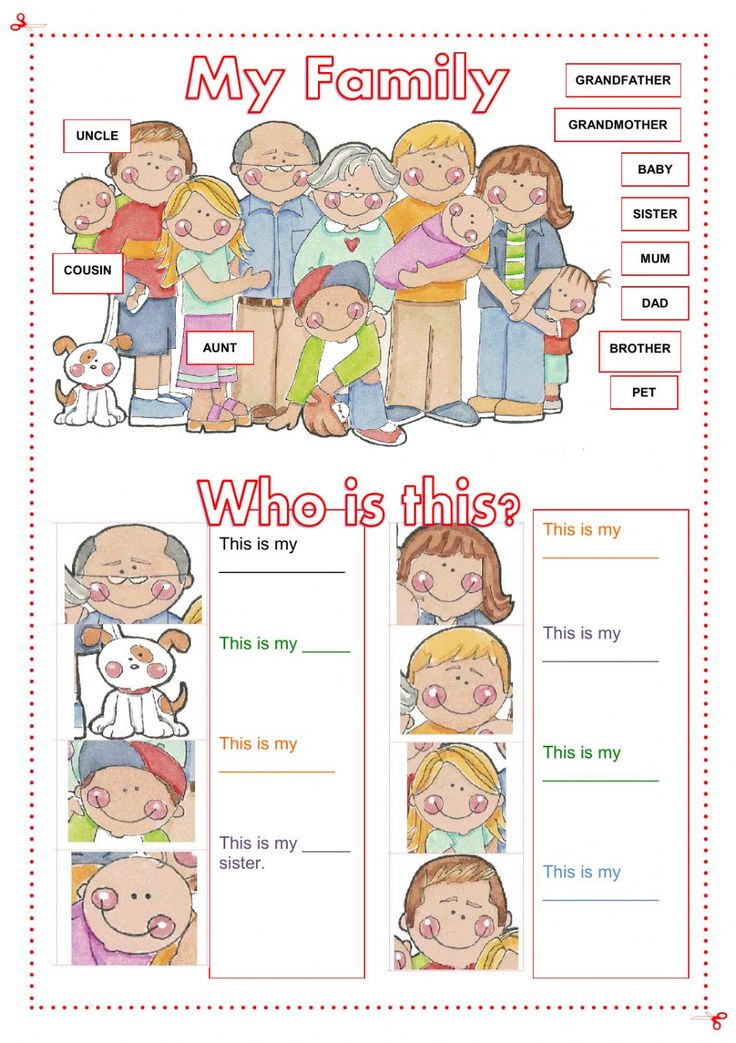 Herbert
Herbert 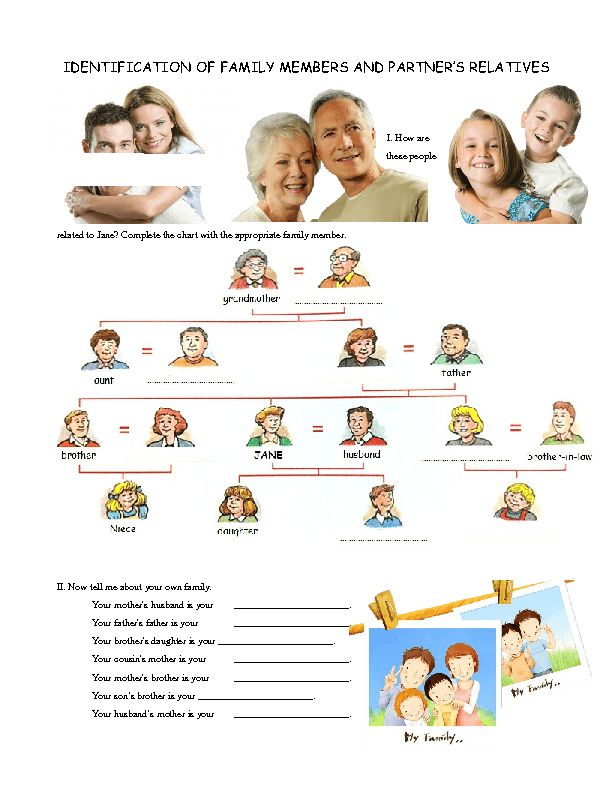 J. Goethe
J. Goethe 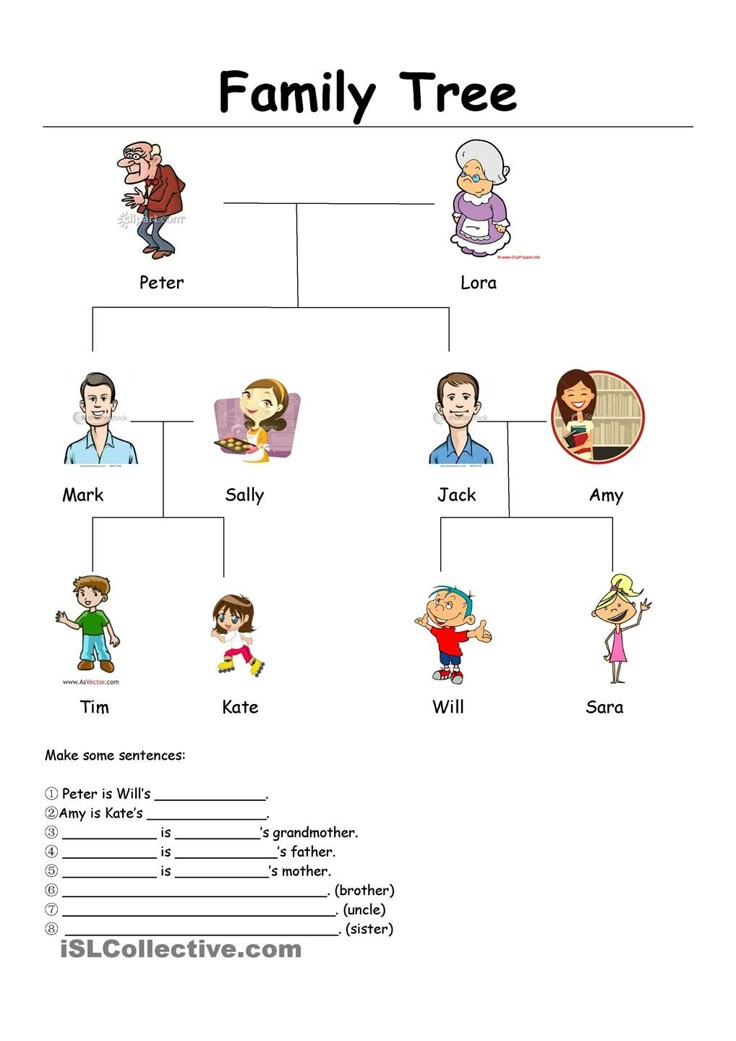 A father who knows how to be responsible, who knows how to owe, is a real man; his will becomes a force capable of disciplining the thoughts, feelings, desires, impulses of children. V.A. Sukhomlinsky
A father who knows how to be responsible, who knows how to owe, is a real man; his will becomes a force capable of disciplining the thoughts, feelings, desires, impulses of children. V.A. Sukhomlinsky  J. Goethe
J. Goethe  W. Thackeray
W. Thackeray 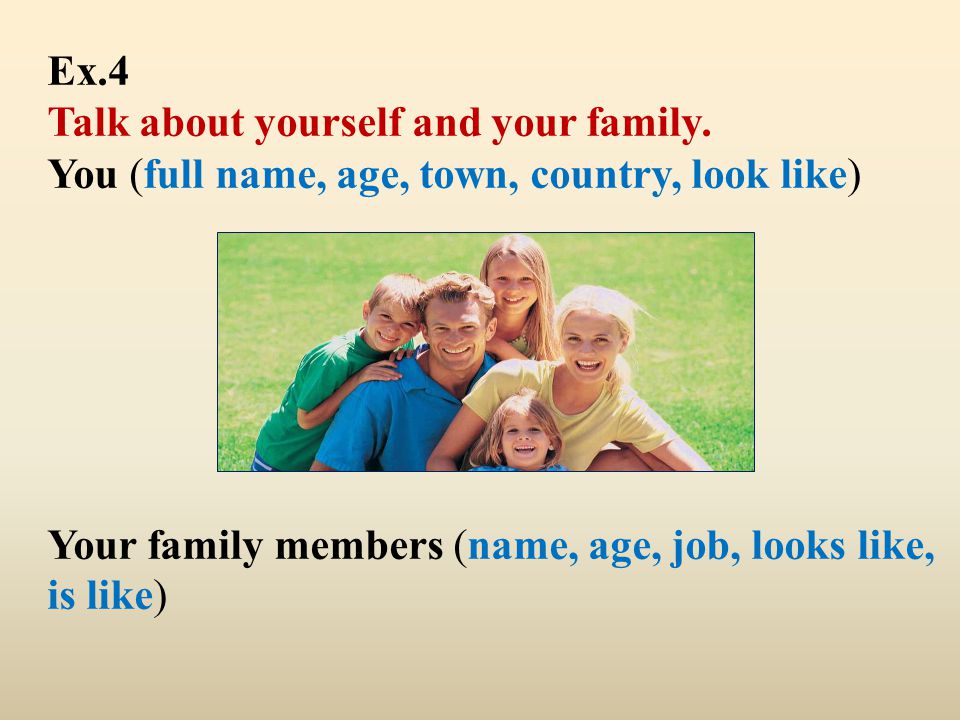 The responsibility of a mother is great, her duties are sacred. D.I. Pisarev
The responsibility of a mother is great, her duties are sacred. D.I. Pisarev 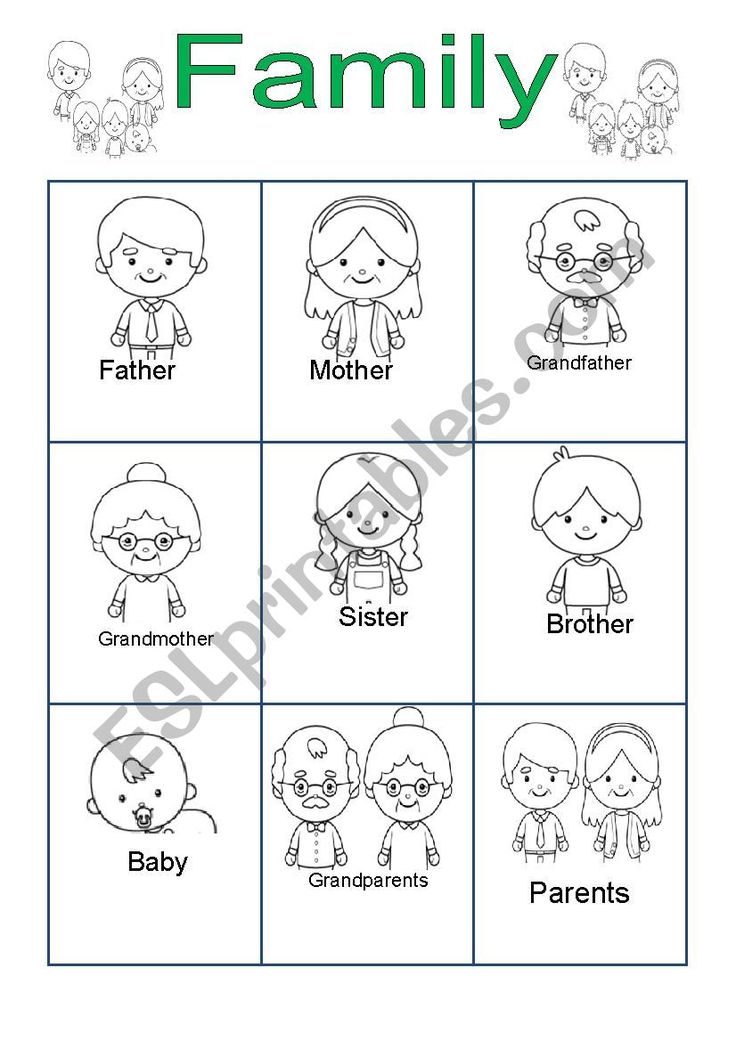 Here she acquires her highest human dignity, which raises her - even under the condition of her spiritual limitations - to an unattainable height. This is the meaning of the word "mother". Take away the children, leave the adults to themselves, and we will swim out into the expanse of the grossest arbitrariness and licentiousness, in which, like on a fire, our physical and spiritual health will burn. M.M. Rubinstein
Here she acquires her highest human dignity, which raises her - even under the condition of her spiritual limitations - to an unattainable height. This is the meaning of the word "mother". Take away the children, leave the adults to themselves, and we will swim out into the expanse of the grossest arbitrariness and licentiousness, in which, like on a fire, our physical and spiritual health will burn. M.M. Rubinstein 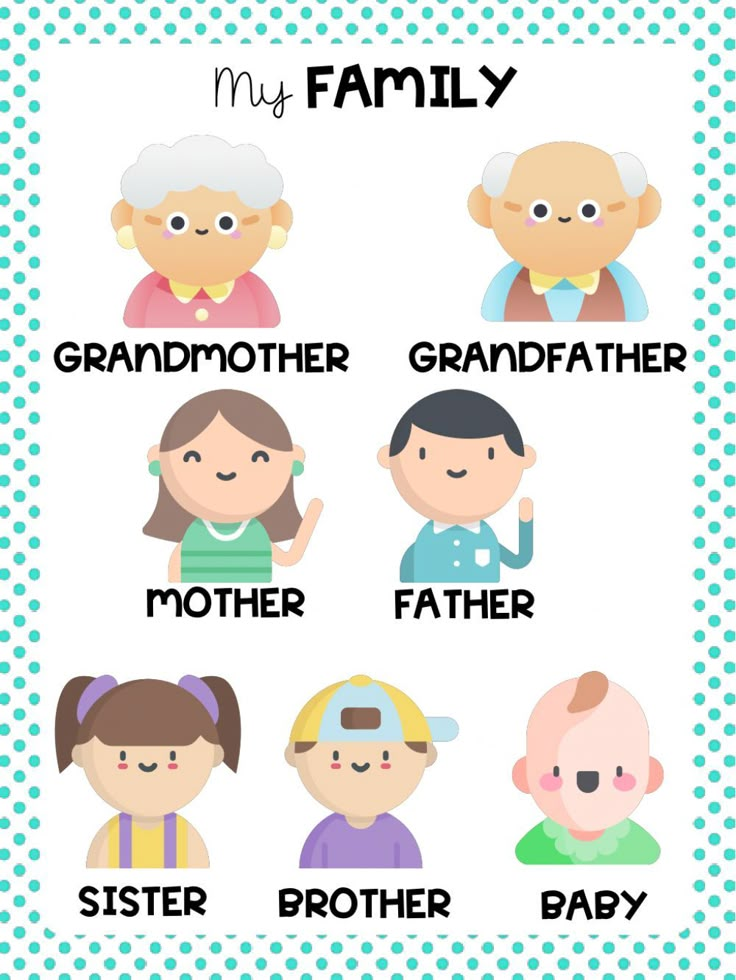 S. Makarenko
S. Makarenko 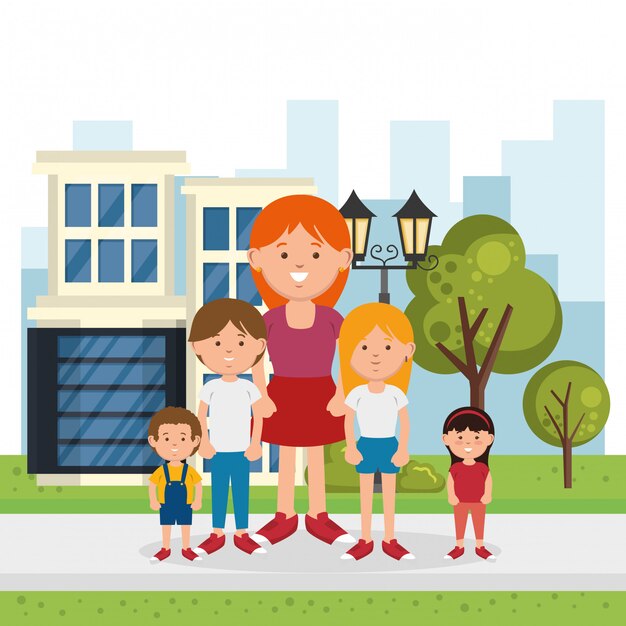 V.A. Sukhomlinsky
V.A. Sukhomlinsky 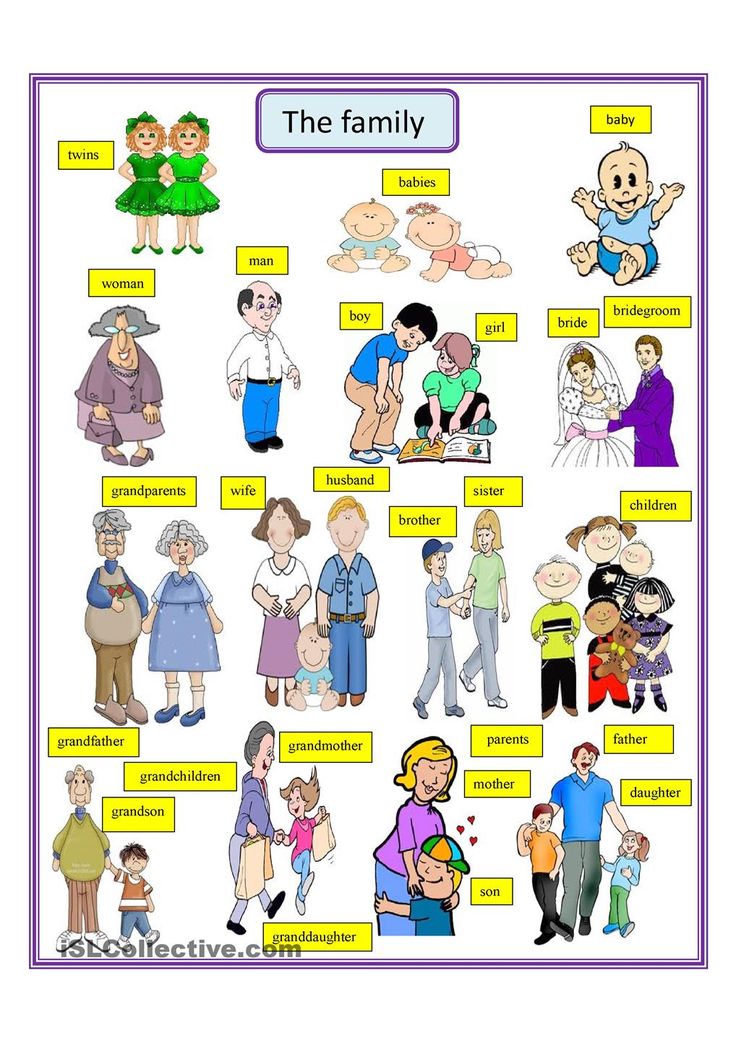 D. Diderot
D. Diderot 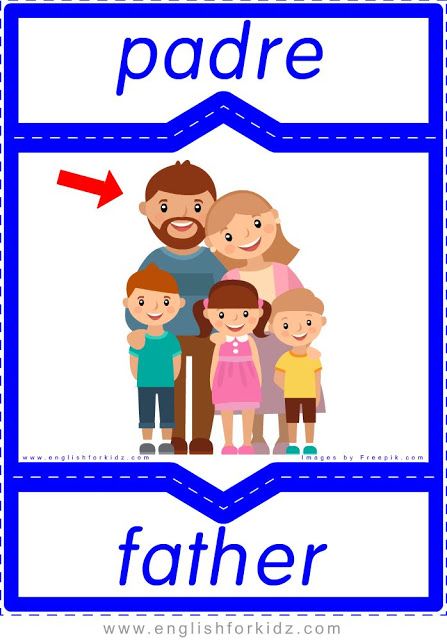 V.G. Belinsky
V.G. Belinsky 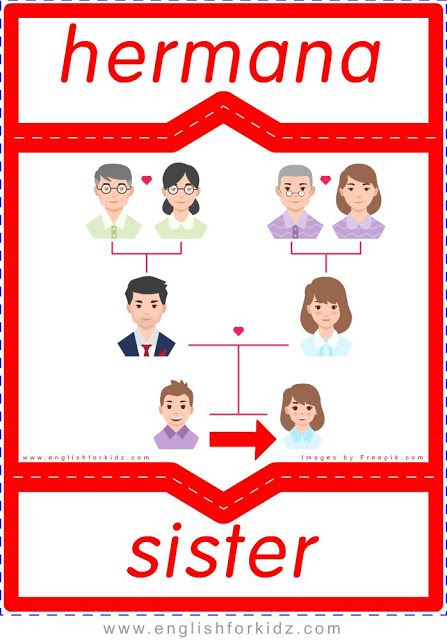 V.Ya. Stoyunin
V.Ya. Stoyunin 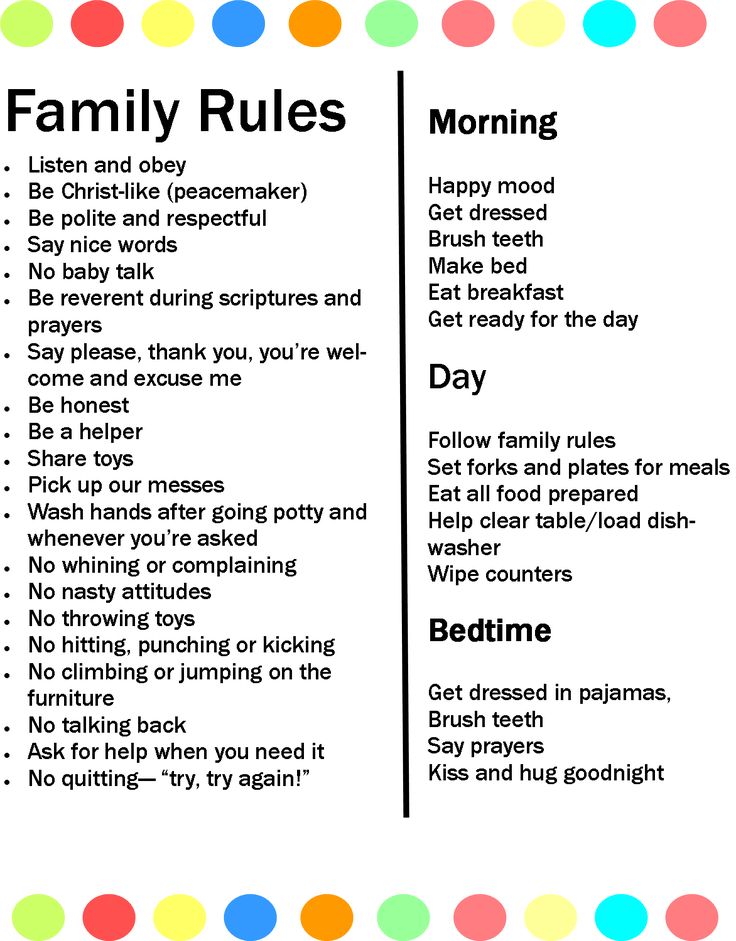 A.N. Ostrogorsky
A.N. Ostrogorsky 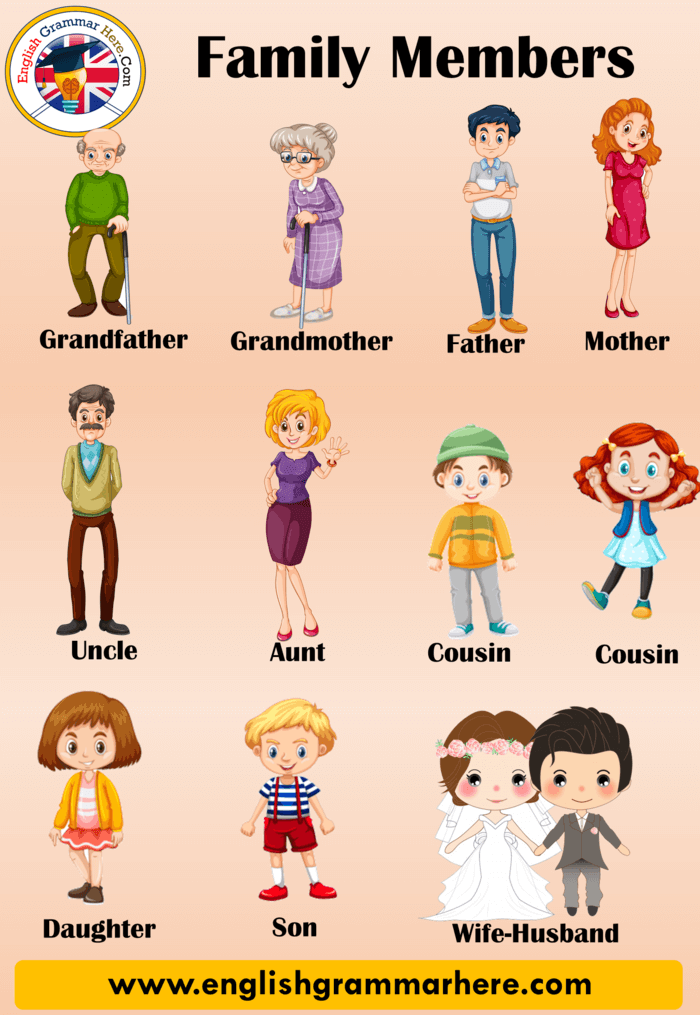 N. Ostrogorsky
N. Ostrogorsky 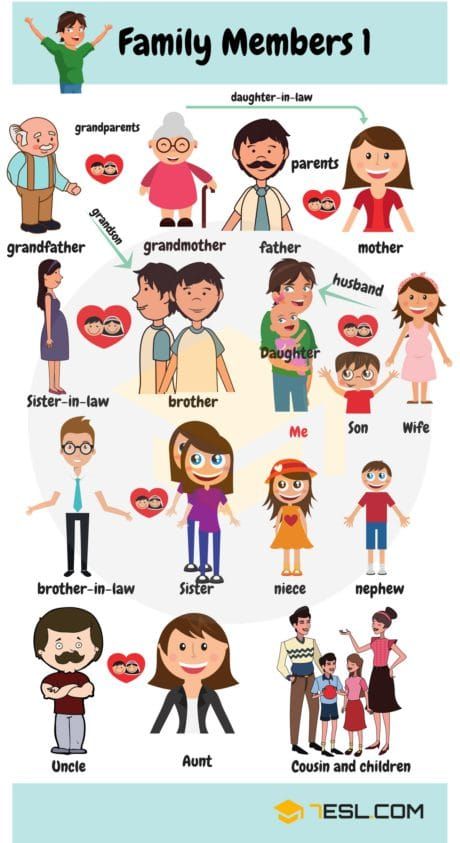 M.M. Rubinstein
M.M. Rubinstein 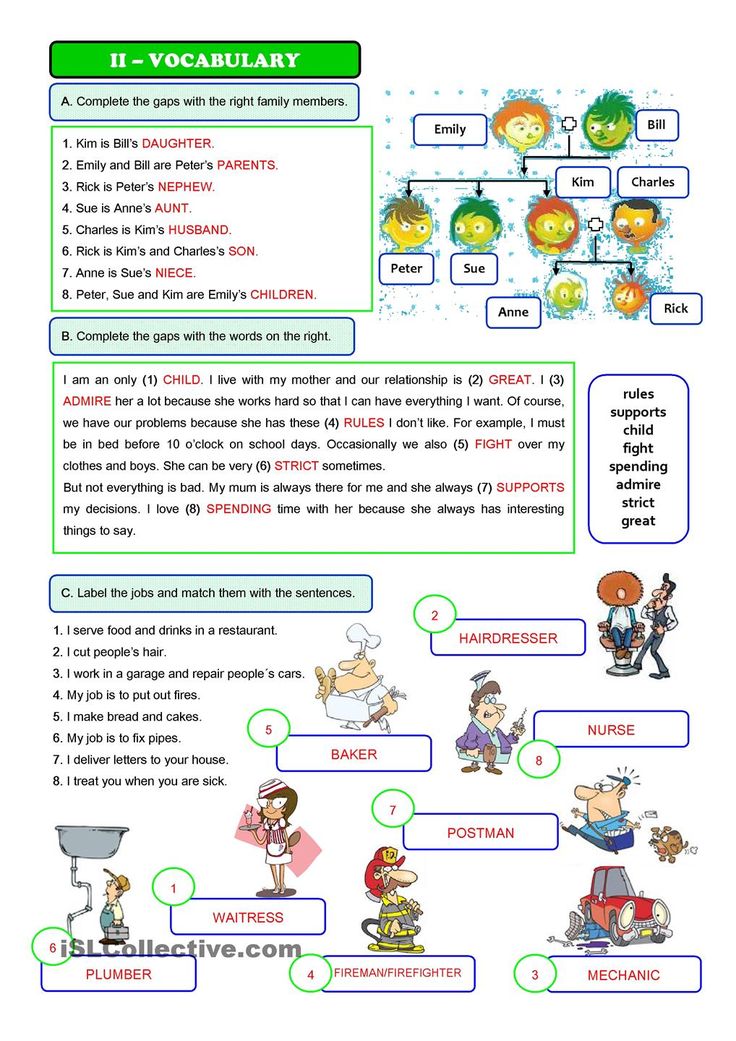 J.-J. Rousseau
J.-J. Rousseau 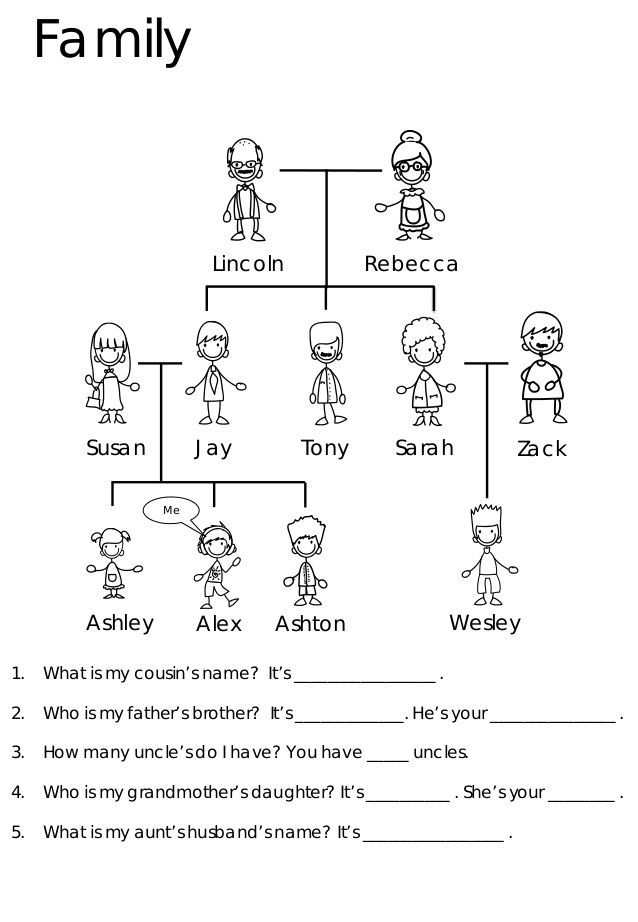 P.Baust
P.Baust 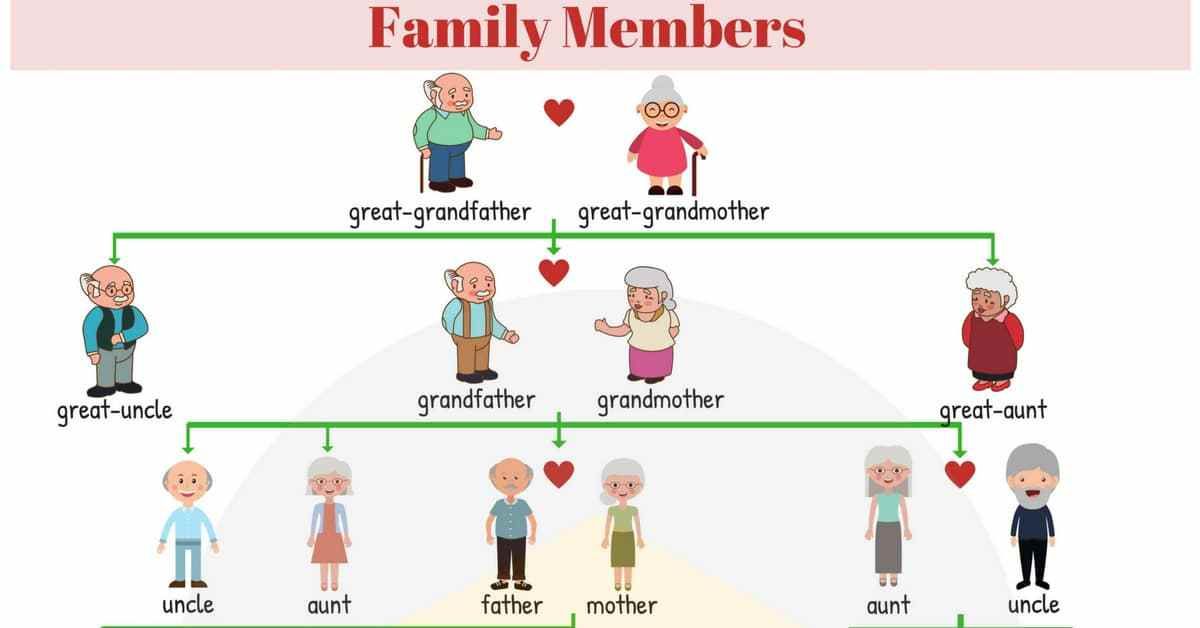 L.N. Tolstoy
L.N. Tolstoy 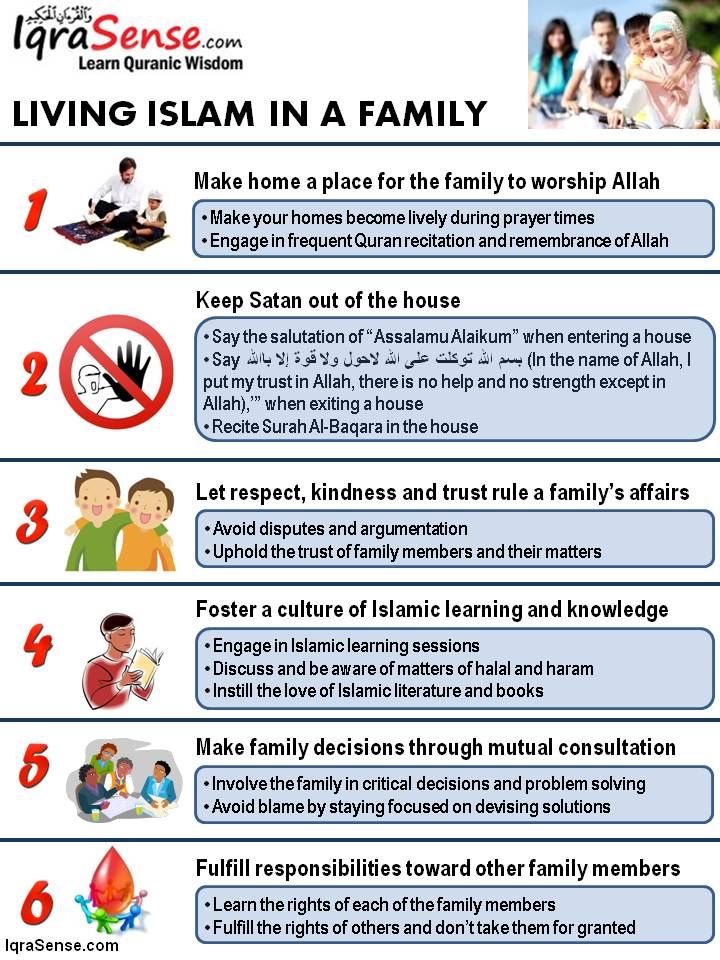 P.F.Lesgaft
P.F.Lesgaft 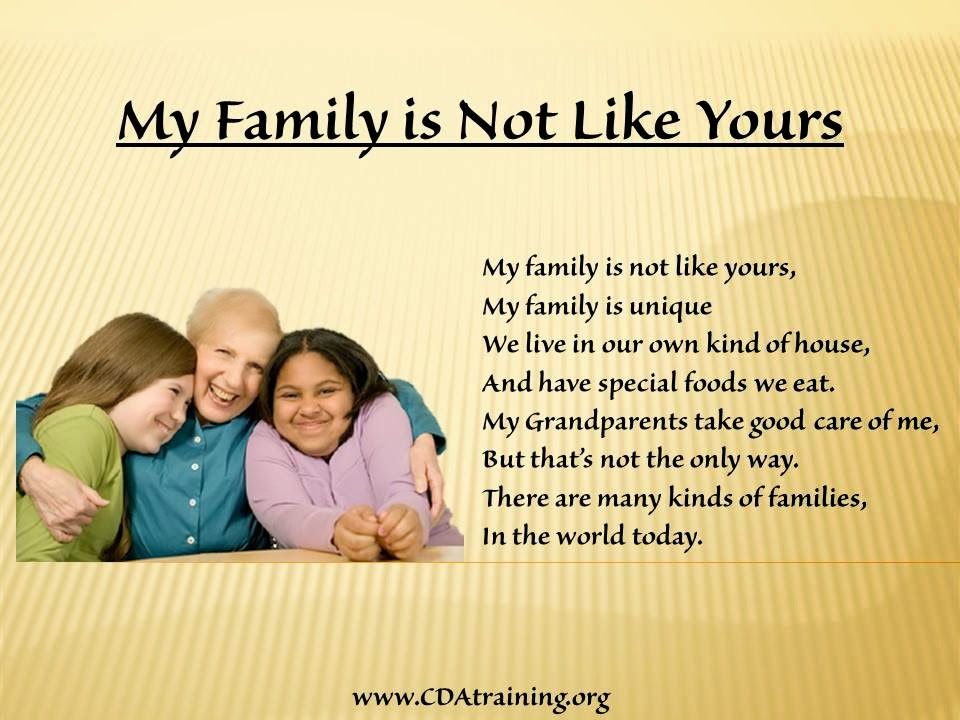 S. Makarenko
S. Makarenko ROI :: Young family - do not exclude families from the program after 35 years
 V. Putin paid special attention to the need to support young people starting a family life. In this regard, a relevant bill has been prepared, which is aimed at improving the situation of young families and guaranteeing their rights to housing.
V. Putin paid special attention to the need to support young people starting a family life. In this regard, a relevant bill has been prepared, which is aimed at improving the situation of young families and guaranteeing their rights to housing.
Earlier in the Russian Federation, the Federal Target Program “Housing” was operating, which included a subprogram “Provision of housing for young families”.
Currently, young families can improve their living conditions as part of the event to provide housing for young families of the departmental target program "Providing state support to citizens in providing housing and paying for housing and communal services" of the state program of the Russian Federation "Providing affordable and comfortable housing and utilities for citizens of the Russian Federation Federation" (hereinafter referred to as the program).
A program participant can be a young family (including those with children), as well as an incomplete young family consisting of one young parent who is a citizen of the Russian Federation and one or more children.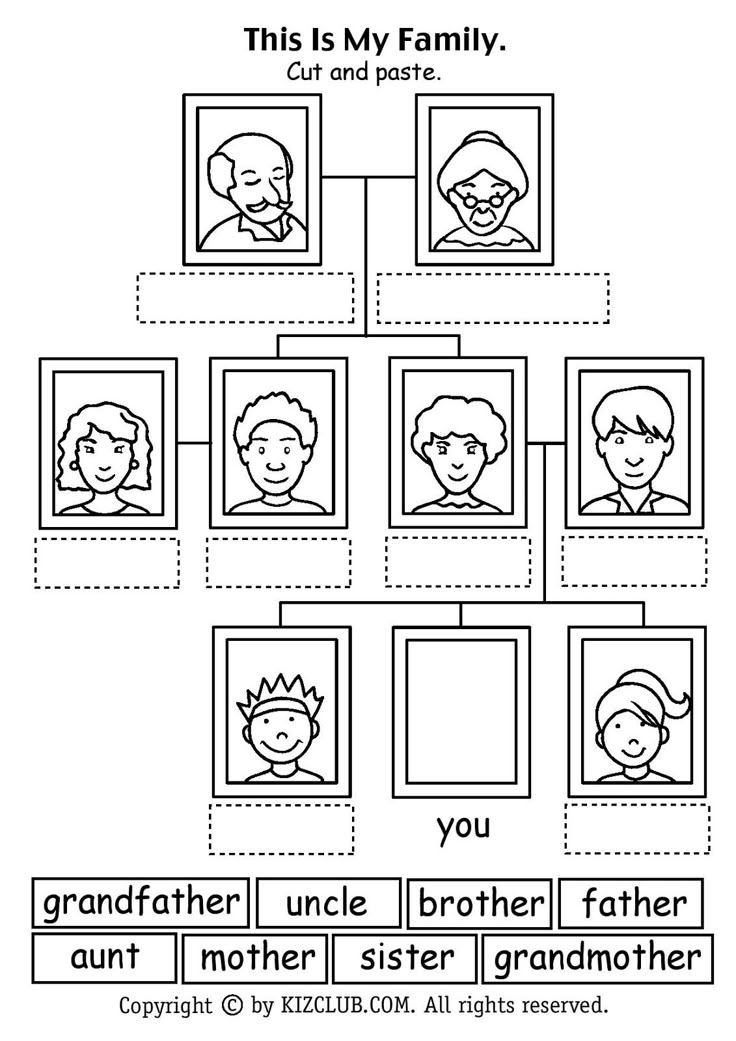 At the same time, the age of each of the spouses (or one parent in an incomplete family) should not exceed 35 years.
At the same time, the age of each of the spouses (or one parent in an incomplete family) should not exceed 35 years.
If at the time of the formation of the relevant lists of young families for receiving social payments in the corresponding year, the age of one of the members of the young family exceeds 35 years, such a family is subject to exclusion from the queue. This provision currently leads to an unfair situation where a young family has been a participant in the program for several years, but upon reaching the age of 36, loses the opportunity to exercise their right to housing.
In order to restore social justice, it is proposed to adopt the Federal Law "On Guarantees of the Rights of Young Families to Housing", according to which persons who have become participants in the program retain the right to participate in it until they realize their right to housing, regardless of their actual age.
Dear readers, on behalf of your family, which is still participating in the state support program for young families in the purchase of housing, as well as on behalf of all other similar families who participate or have been excluded from the lists of participants due to reaching the age of 35, I kindly ask you to sign this petition aimed at supporting the adoption of the Federal Law “On Guarantees of the Rights of Young Families to Housing”, proposed by Pletneva T.